Introduction to the Debate: Are Chess Players Athletes?
The question of whether chess players are athletes is a topic that sparks considerable debate in both the sports world and the realm of intellectual games. Chess, a strategic and mental game with ancient origins, requires high levels of concentration, critical analytical skills, and strategic thinking. Yet, unlike typical athletic sports, chess doesn't involve physical exertion in the conventional sense. In this article, we will delve into various perspectives and arguments to explore whether chess players can indeed be considered athletes.
Understanding the Definition of an Athlete
The traditional definition of an athlete is someone who participates in physical exercise or sports activities, especially competitions. Being an athlete generally presupposes physical capabilities and skills honed through practice, to perform in sports which typically require strength, speed, or endurance. However, modern interpretations of athleticism have started to recognize mental exertion and competition as well.
The Role of Physicality in Chess
While predominantly a cerebral game, playing chess at a competitive level does have physical demands. Professional chess players often engage in lengthy matches, sometimes lasting several hours. Physical stamina and endurance become imperative in maintaining high levels of concentration and avoiding mental fatigue. Remarkably, during intense tournaments, top players can burn up to 6,000 calories a day, a testament to the metabolic demands during high-stress mental activity.
Mental Athleticism
Just as traditional athletes use muscle memory and reflexes honed through practice, chess players build up a 'memory' of patterns, opening variations, endgames, and strategic motifs. The mental gymnastics involved in holding numerous potential moves and counter-moves in one's mind, predicting opponents' strategies, and making precise decisions under pressure can be likened to the mental strategies used in sports like football or basketball.
The Sporting Aspect of Chess
Chess is recognized as a sport by the International Olympic Committee (IOC). The international chess federation, FIDE, governs chess competitions almost analogous to how FIFA manages football worldwide. This recognition places chess within a framework of competitive sports, albeit without the physicality associated with traditional sports.
Training and Discipline
Training for high levels of chess involves rigorous routines, often comparable in discipline and structure to those of traditional athletes. Chess players analyze games, study theory, develop strategies, and work on their psychological composure. Like athletes, they also rely on coaches and use technological tools to improve their performance.
Population and Psychological Resilience
Chess players, like athletes, must possess extraordinary levels of psychological resilience. The pressure to perform in international arenas, the mental endurance needed to sustain concentration for long periods, and the psychological warfare often happening across the chessboard, all require a tough mental state that is nurtured over years of competition.
Conclusion: A Broader Athletic Umbrella?
In conclusion, while chess players may not fit the traditional mold of what many consider an athlete to be due to the lack of intensive physical activity, they share many of the same traits and demands associated with athletic sports. Chess requires strategic thinking, mental endurance, and competitive rigor, aligning closely with the comprehensive qualities we admire in athletes. Viewing chess through the perspective of mental athleticism offers a broader, more inclusive definition of what it means to be an athlete in today's diverse and evolving sports culture.
Final Thoughts
Determining whether chess players are athletes depends significantly on one's definition of athleticism. As we expand our understanding of what constitutes a sport, perhaps the distinction between physical and mental competition will become less relevant, highlighting the shared qualities that define excellence, whether on a field or at a chessboard.
Explore our large collection of luxurious chess sets!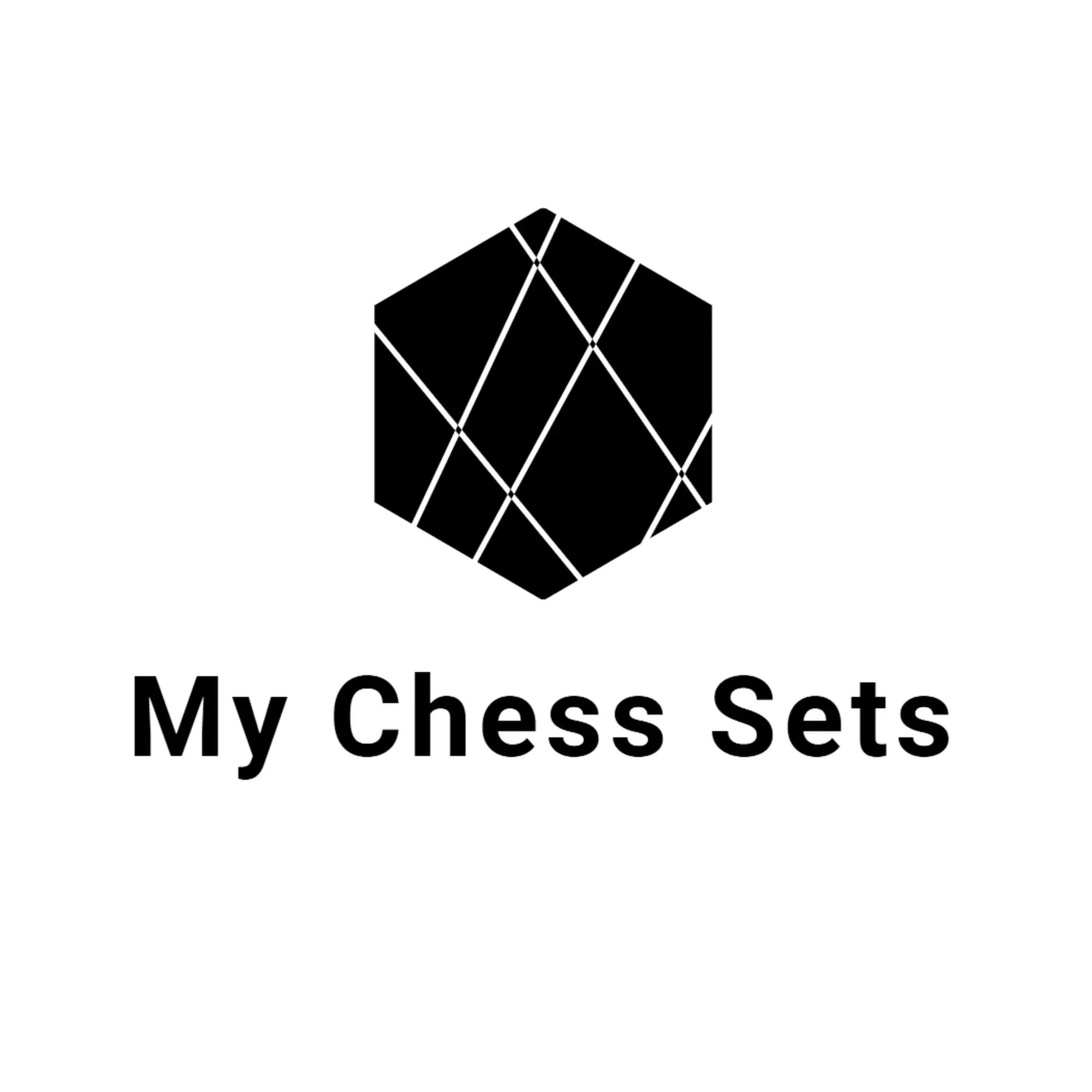
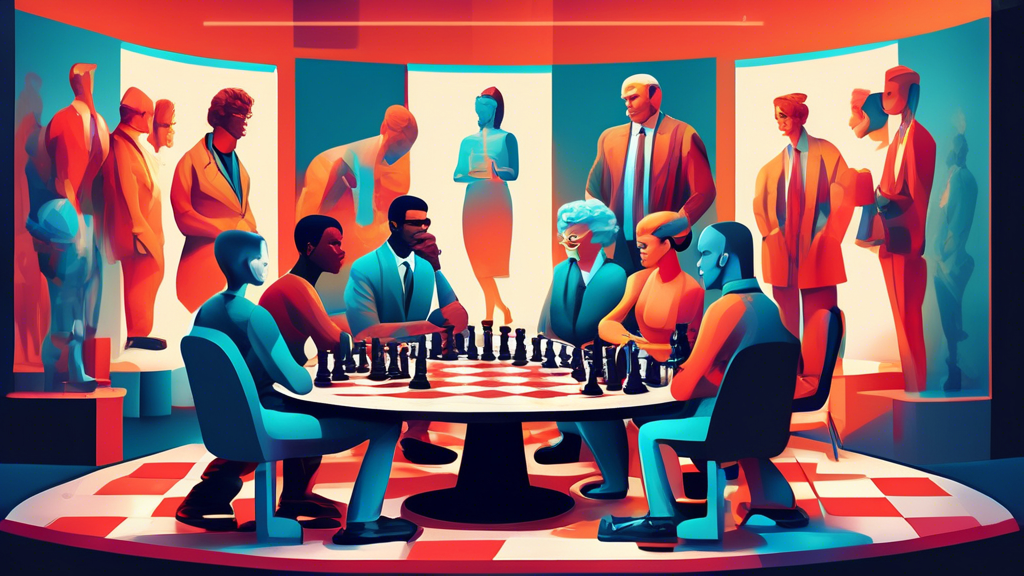
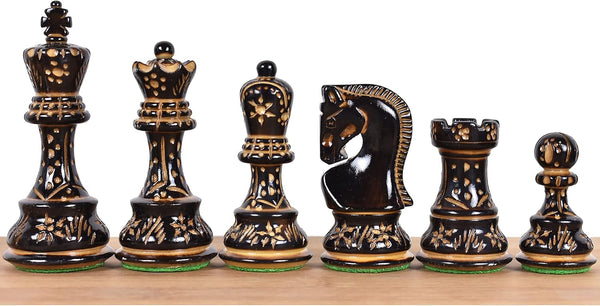
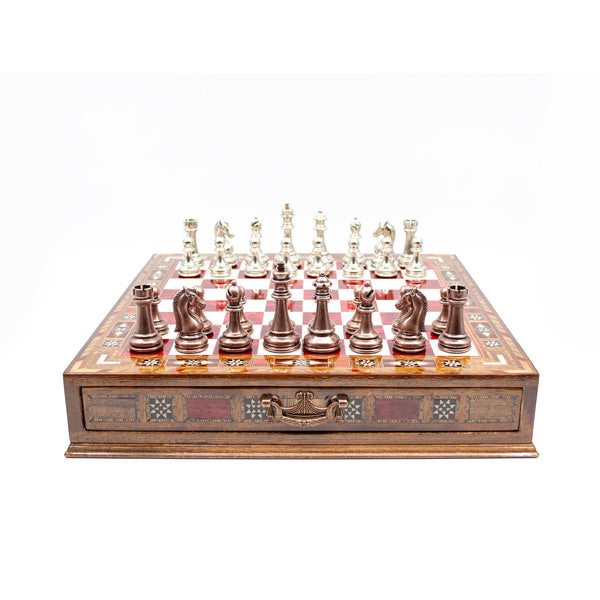
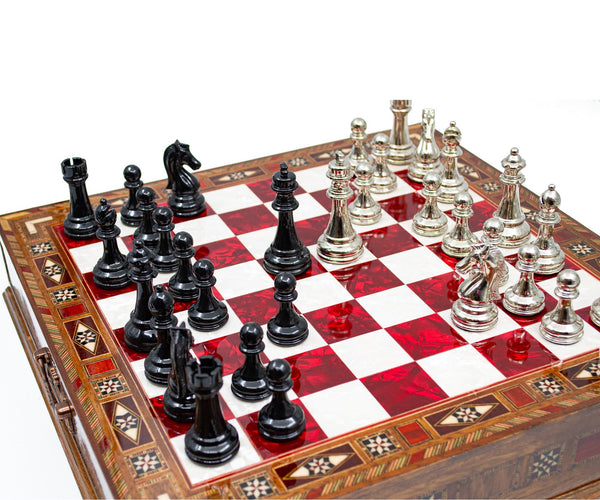
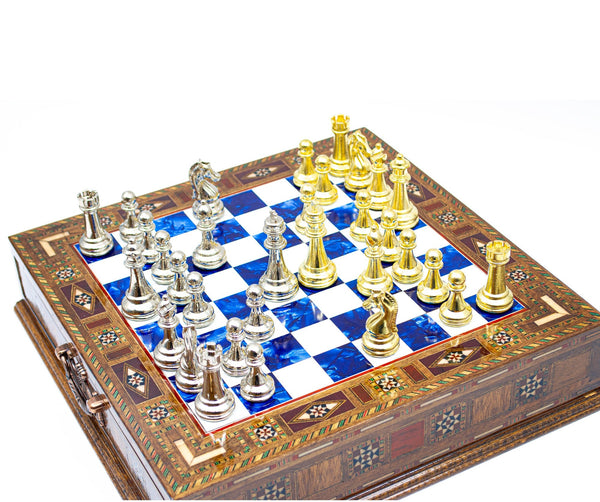
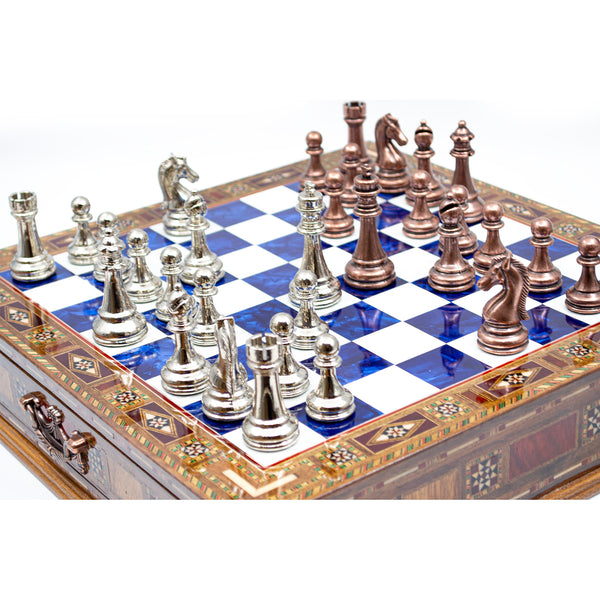
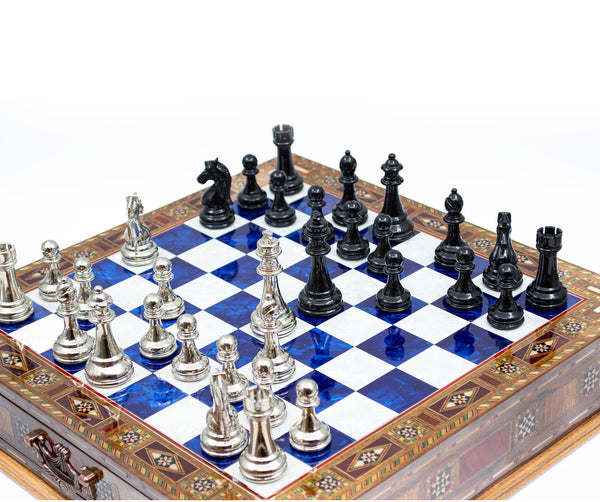
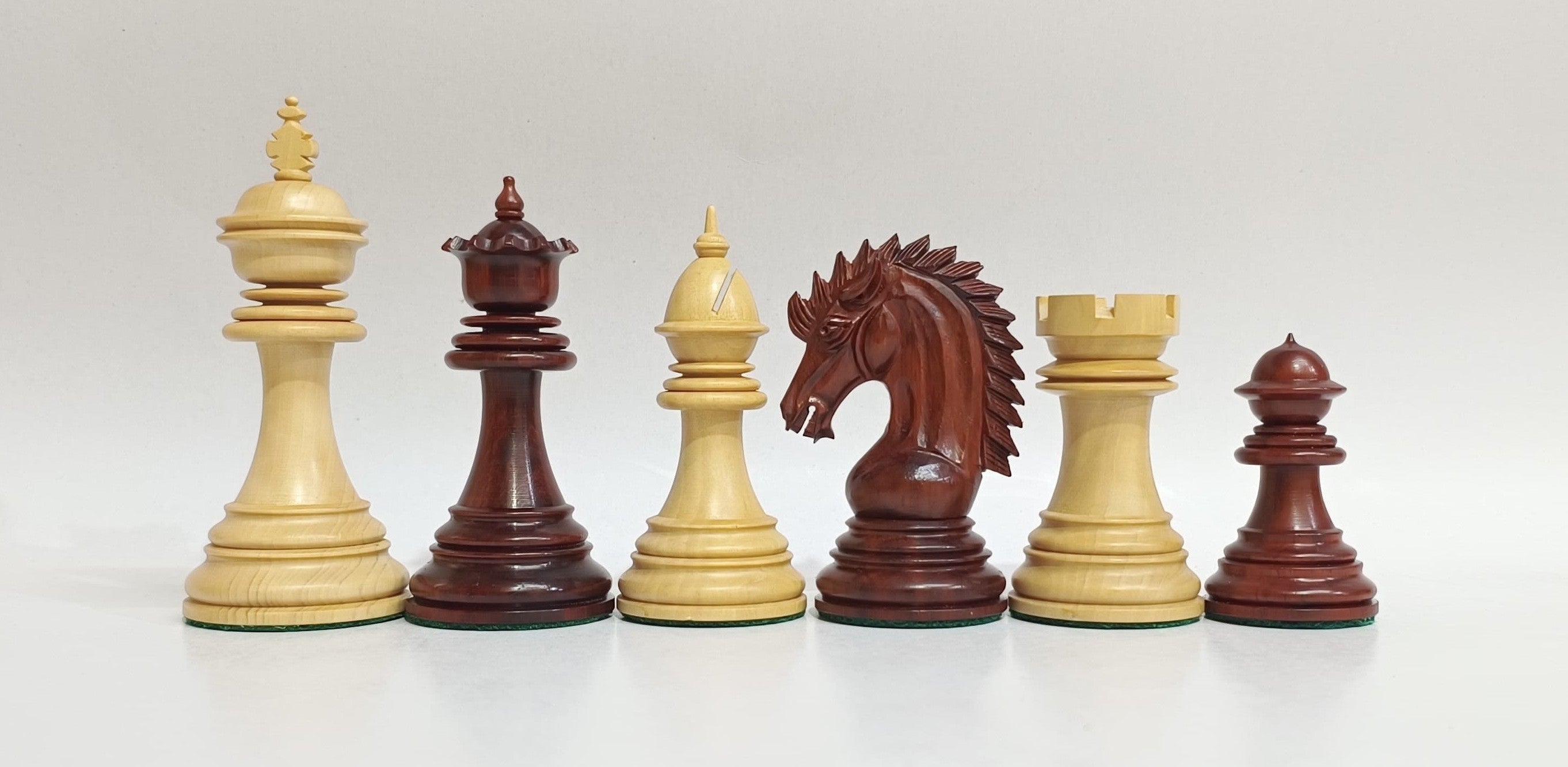
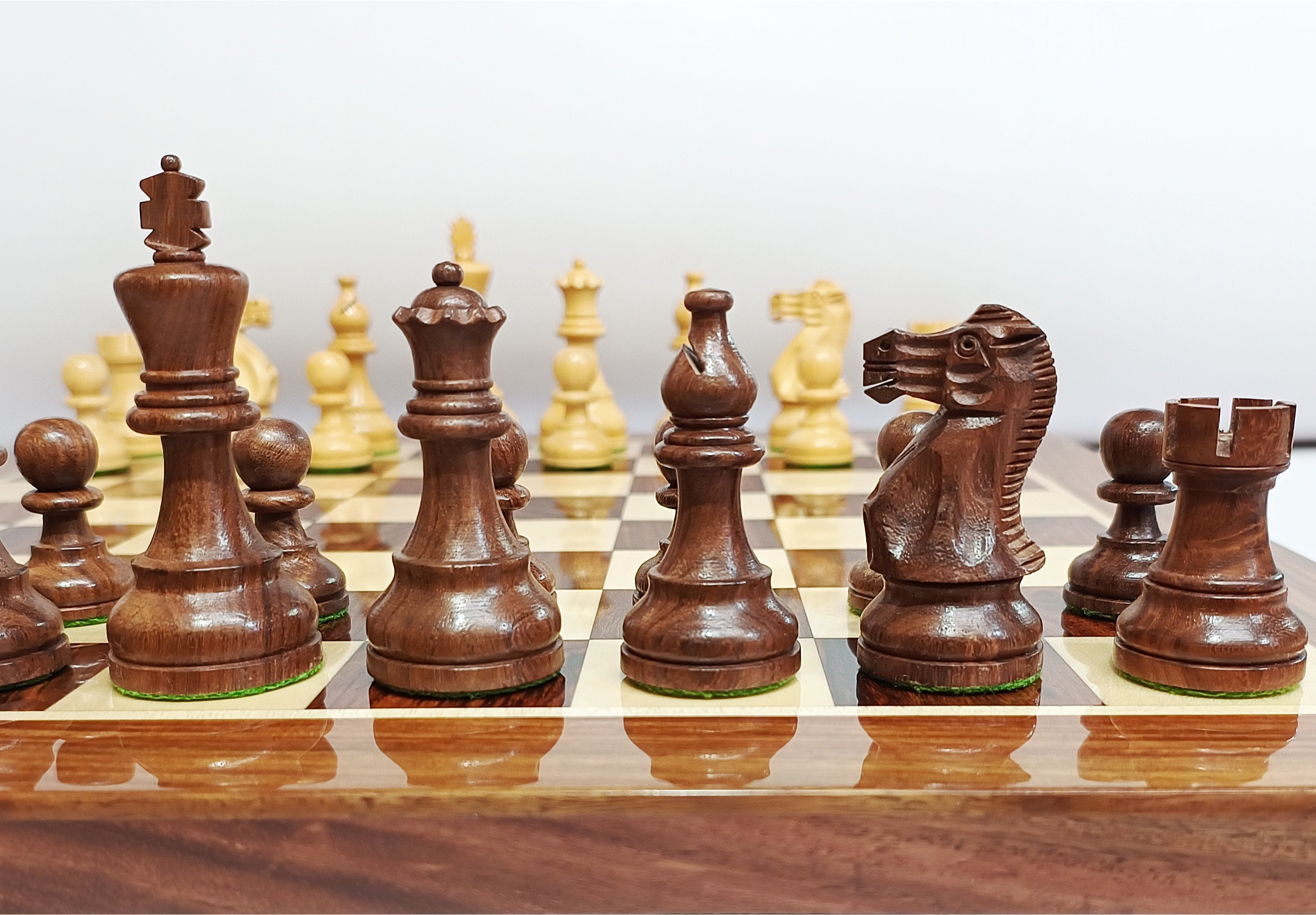
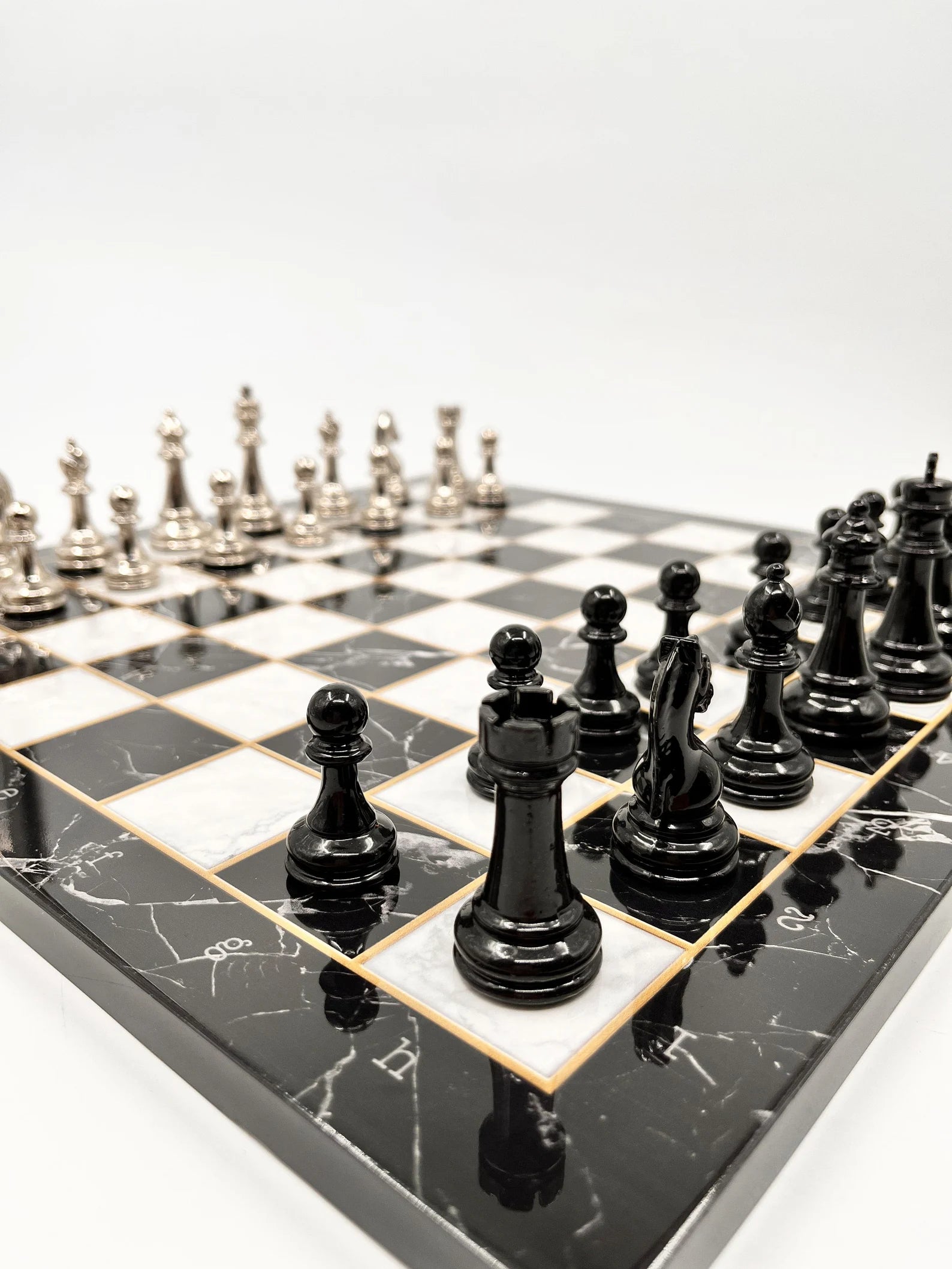
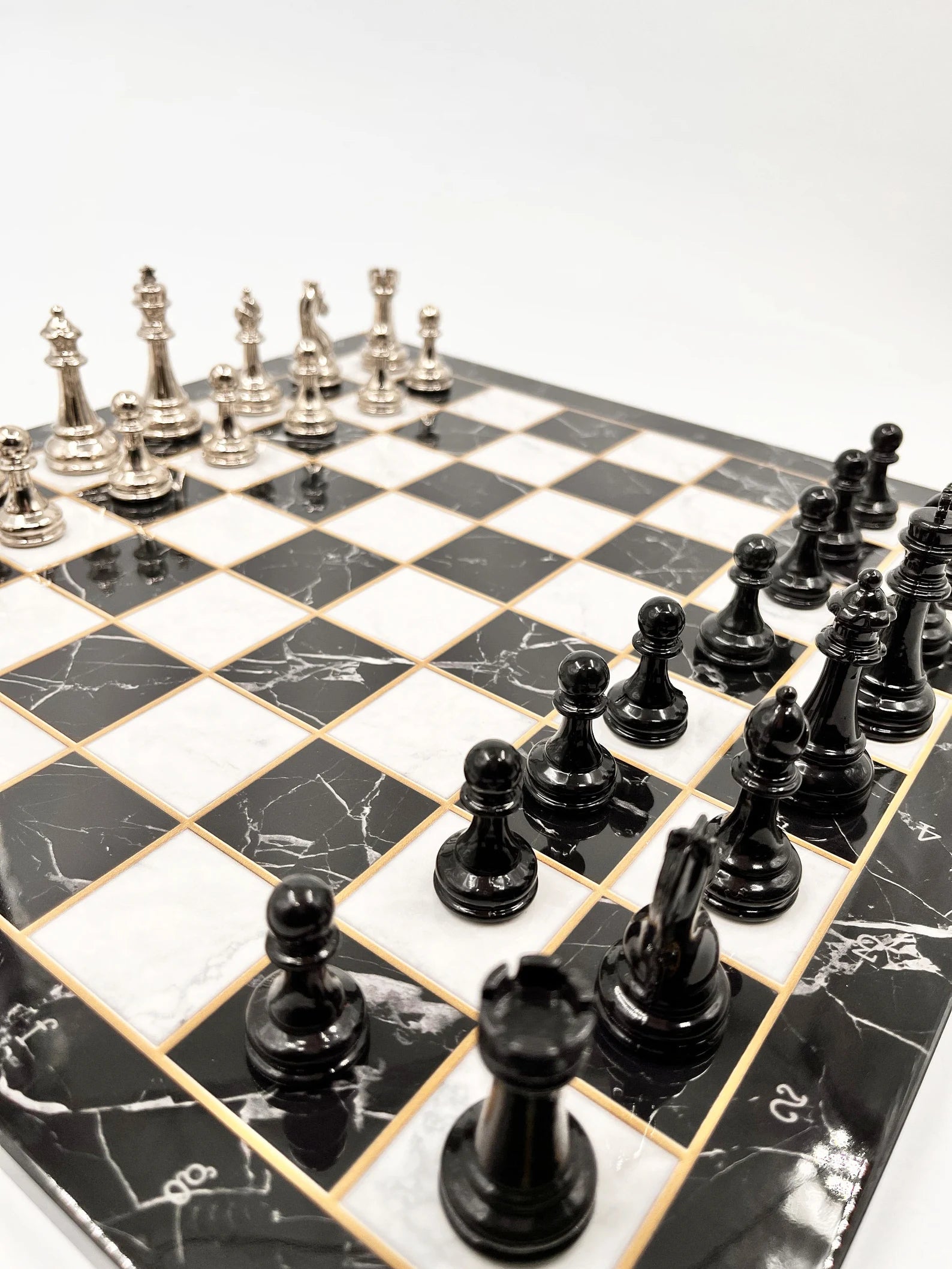
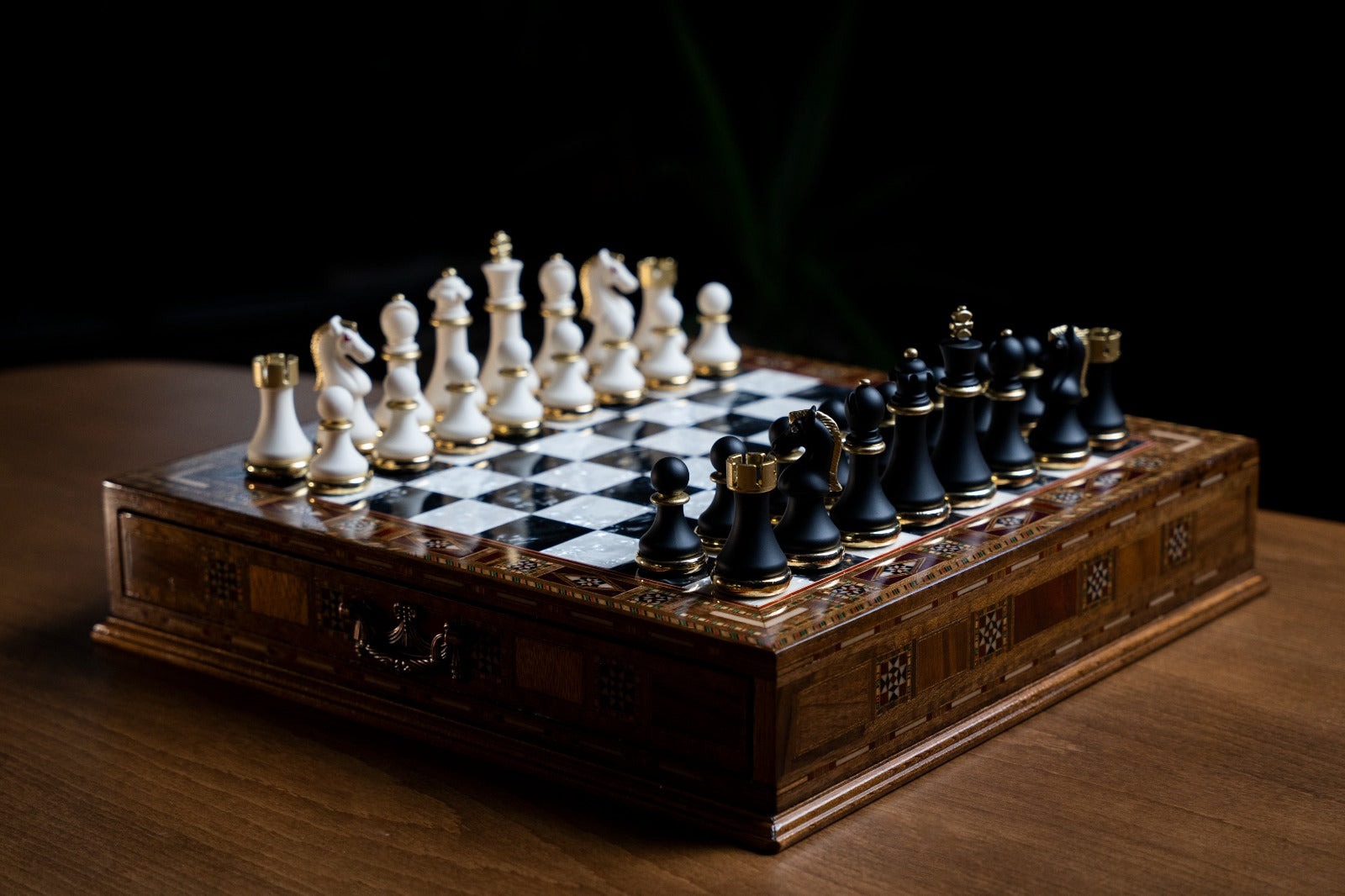
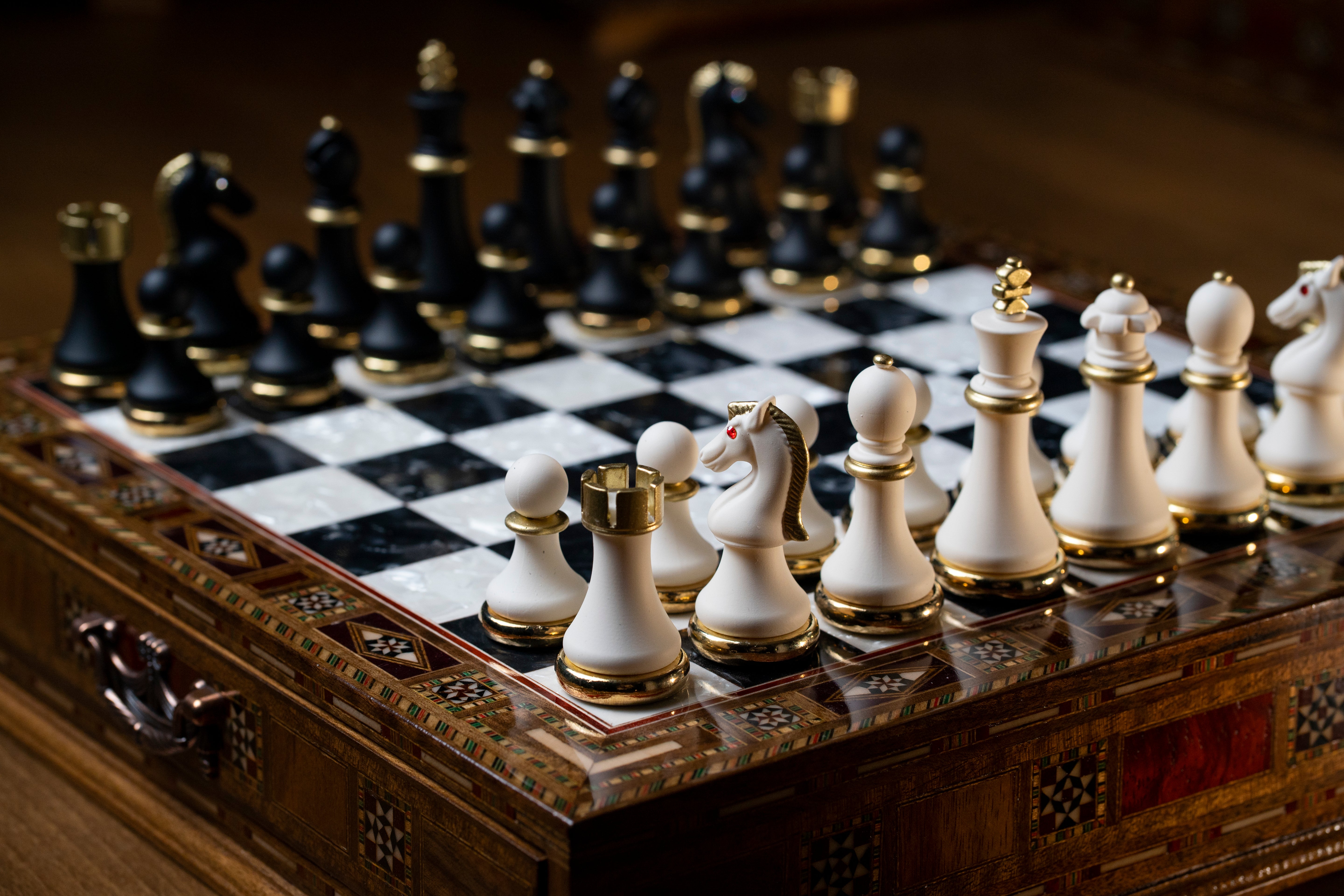
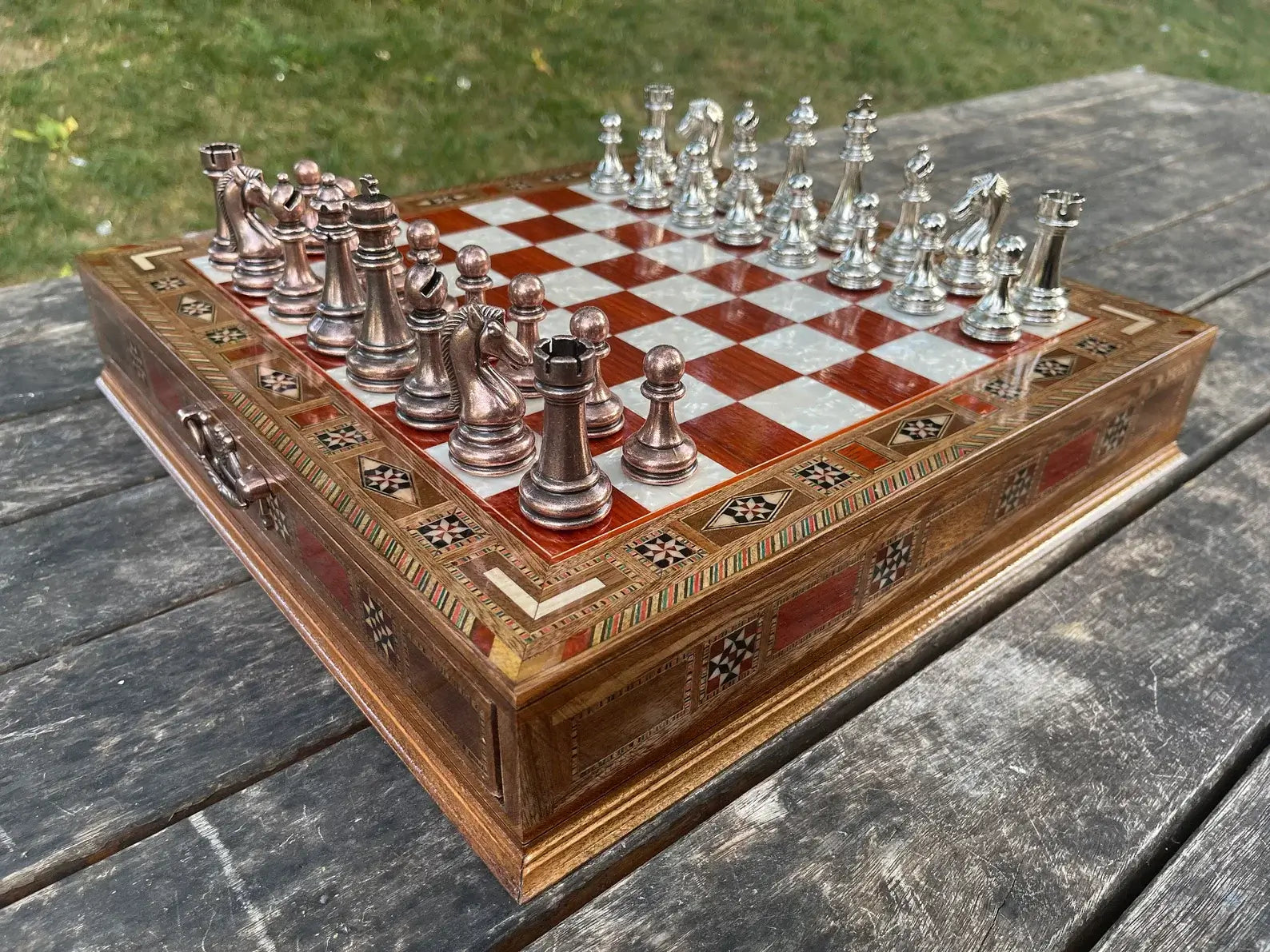
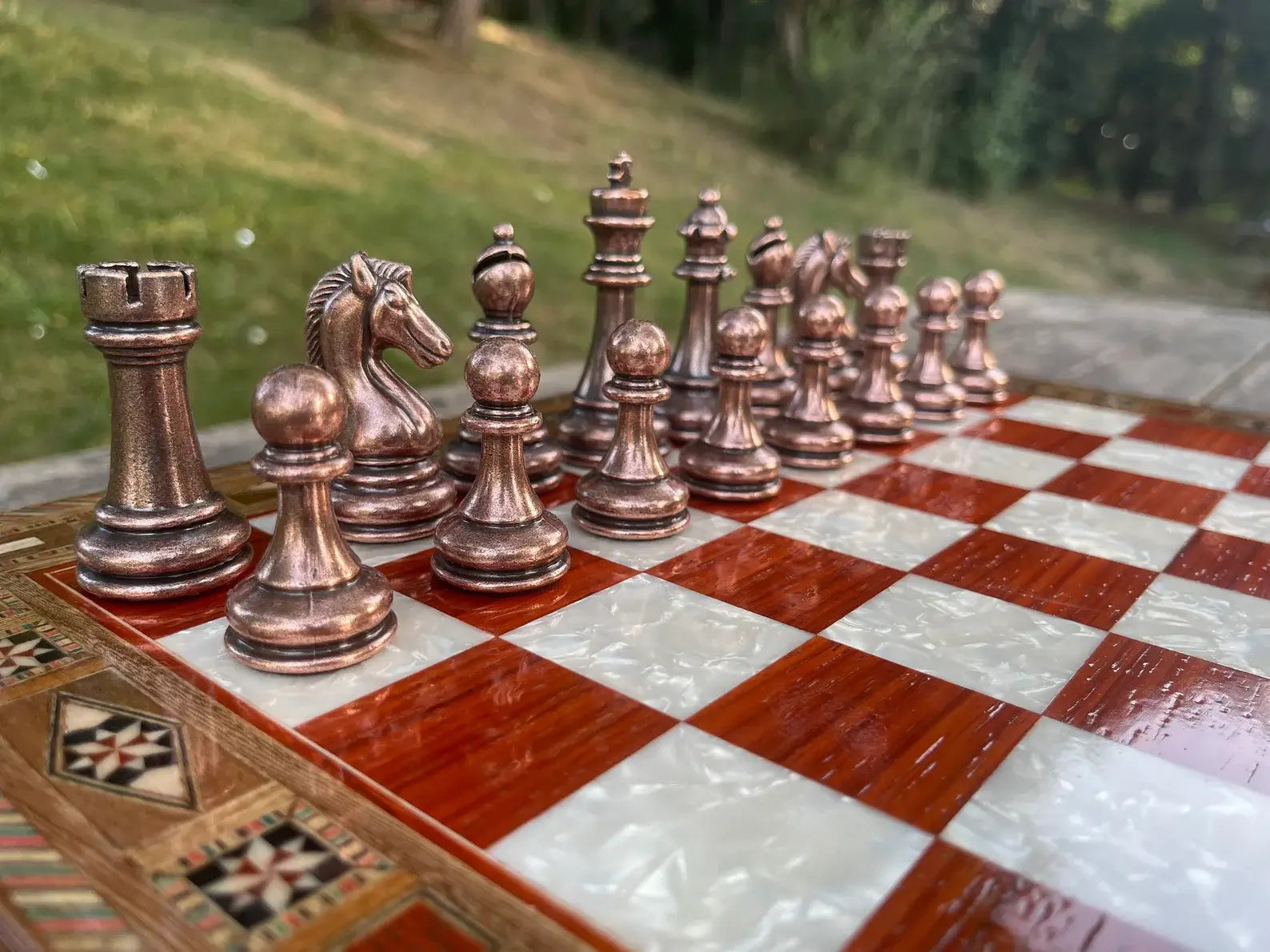
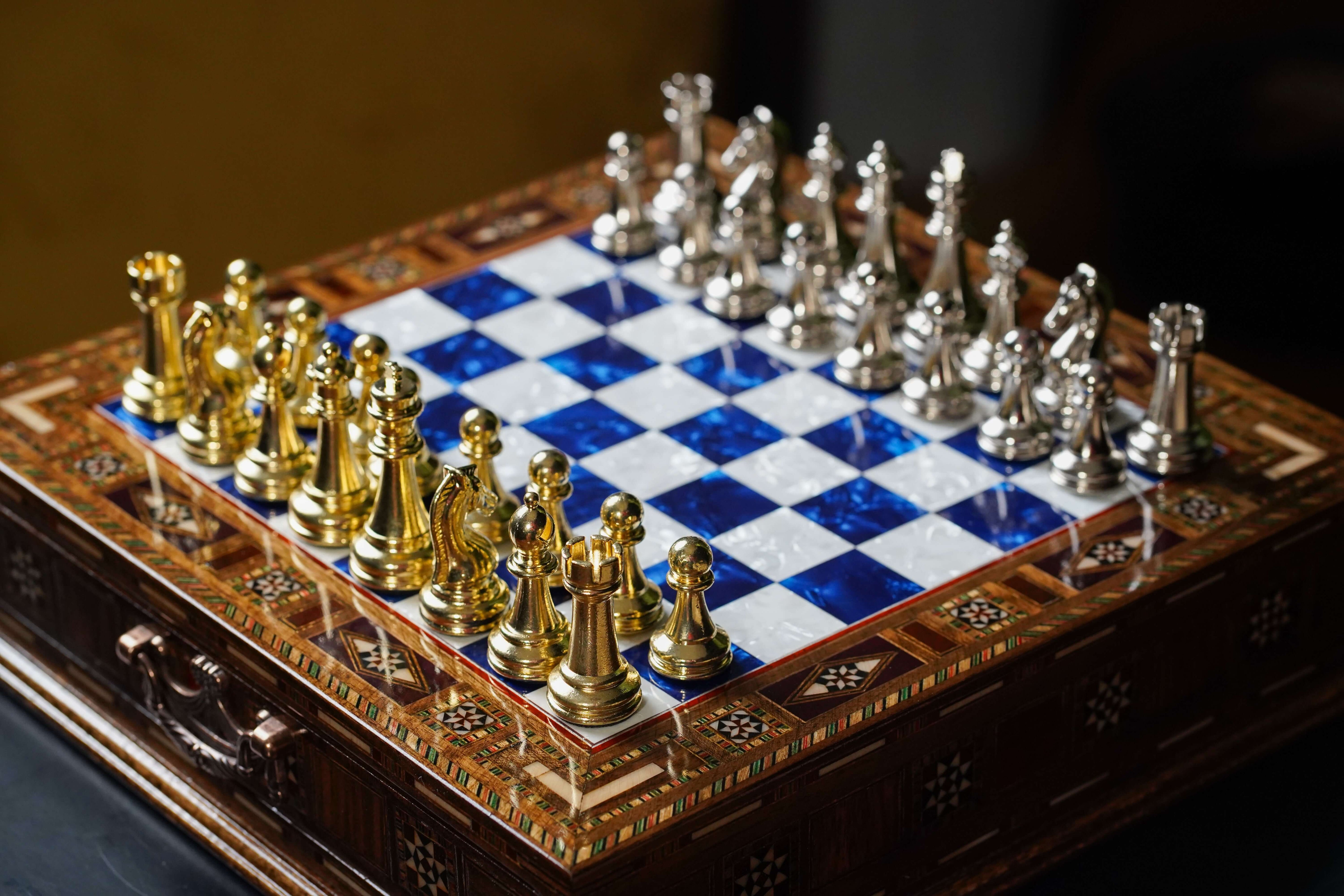
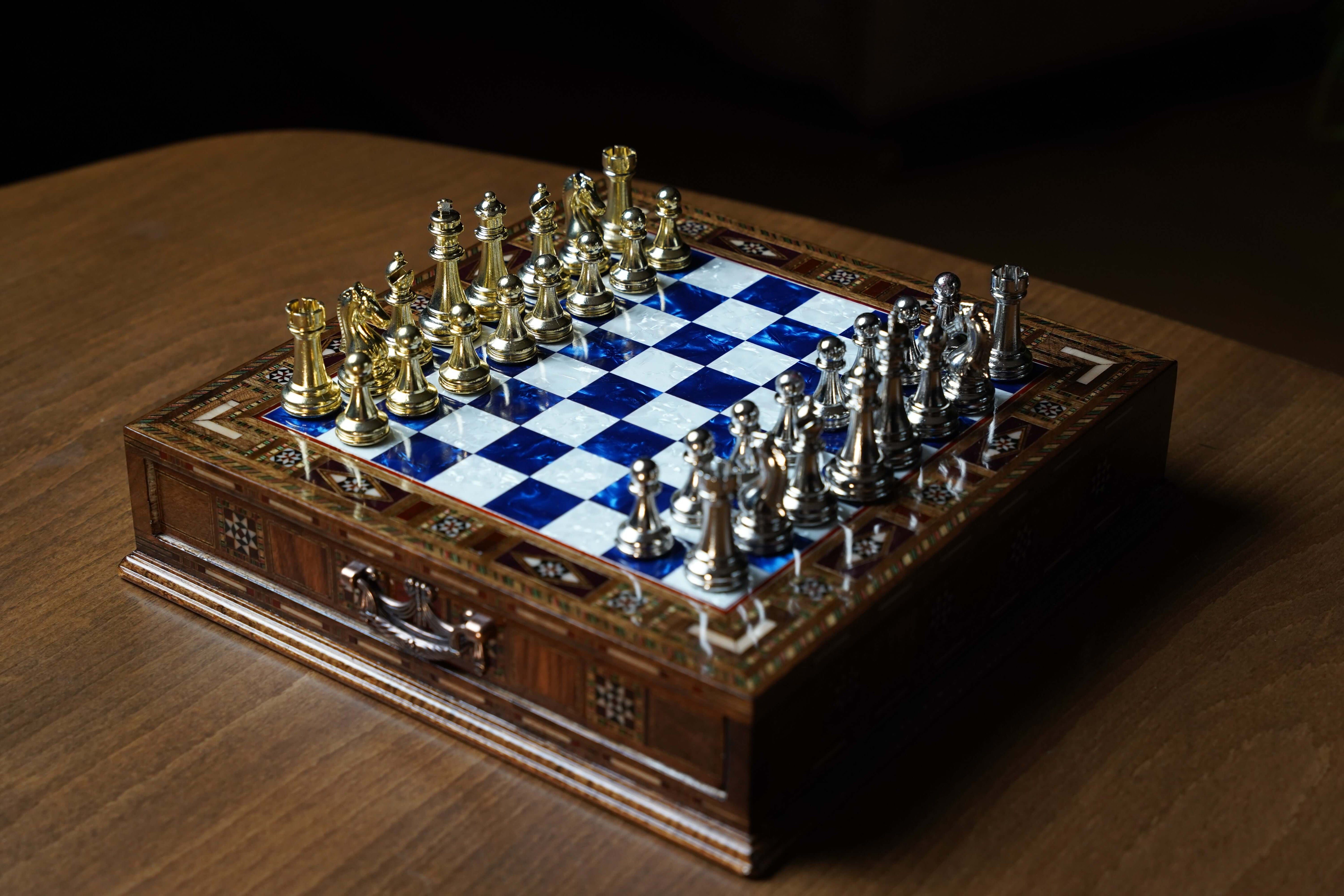
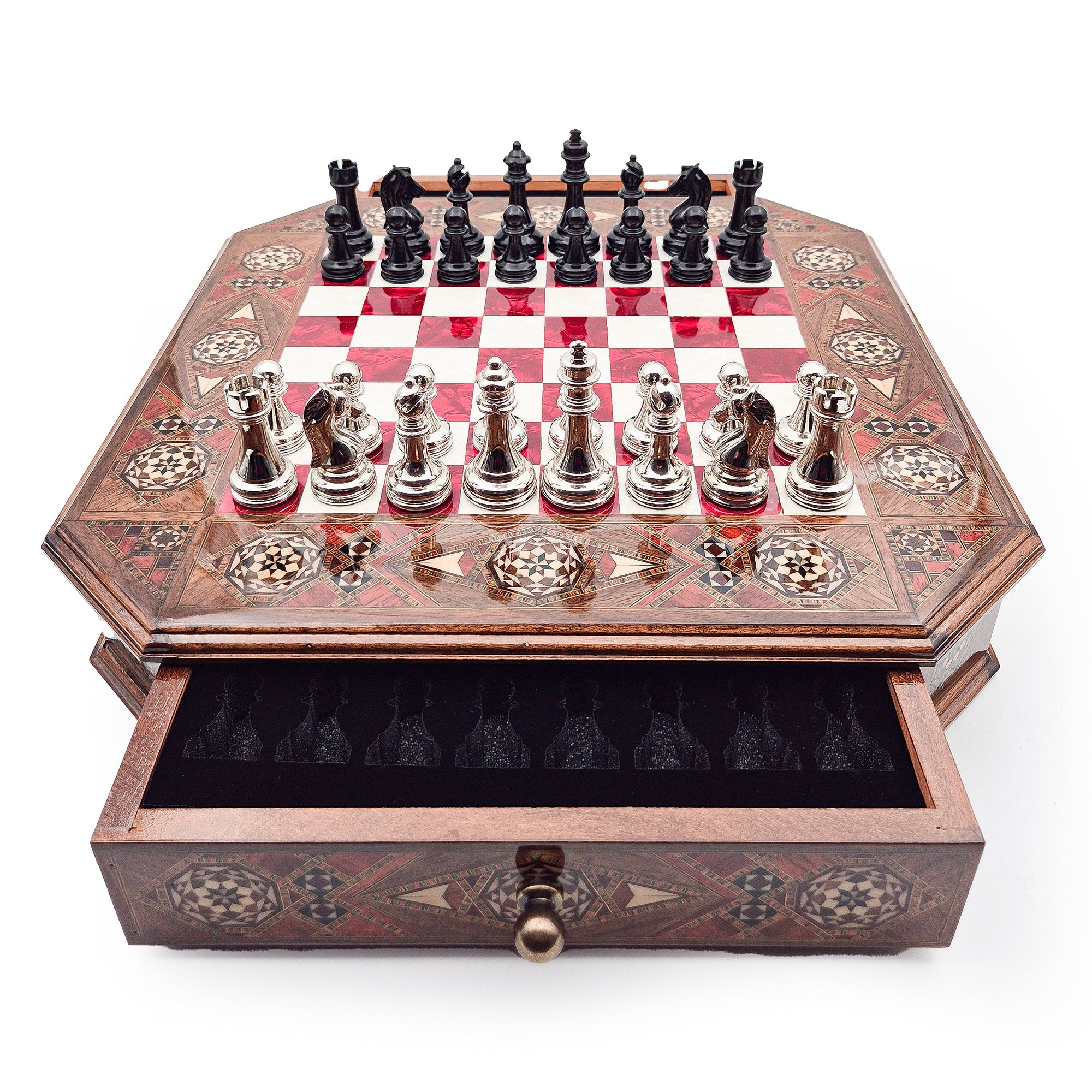
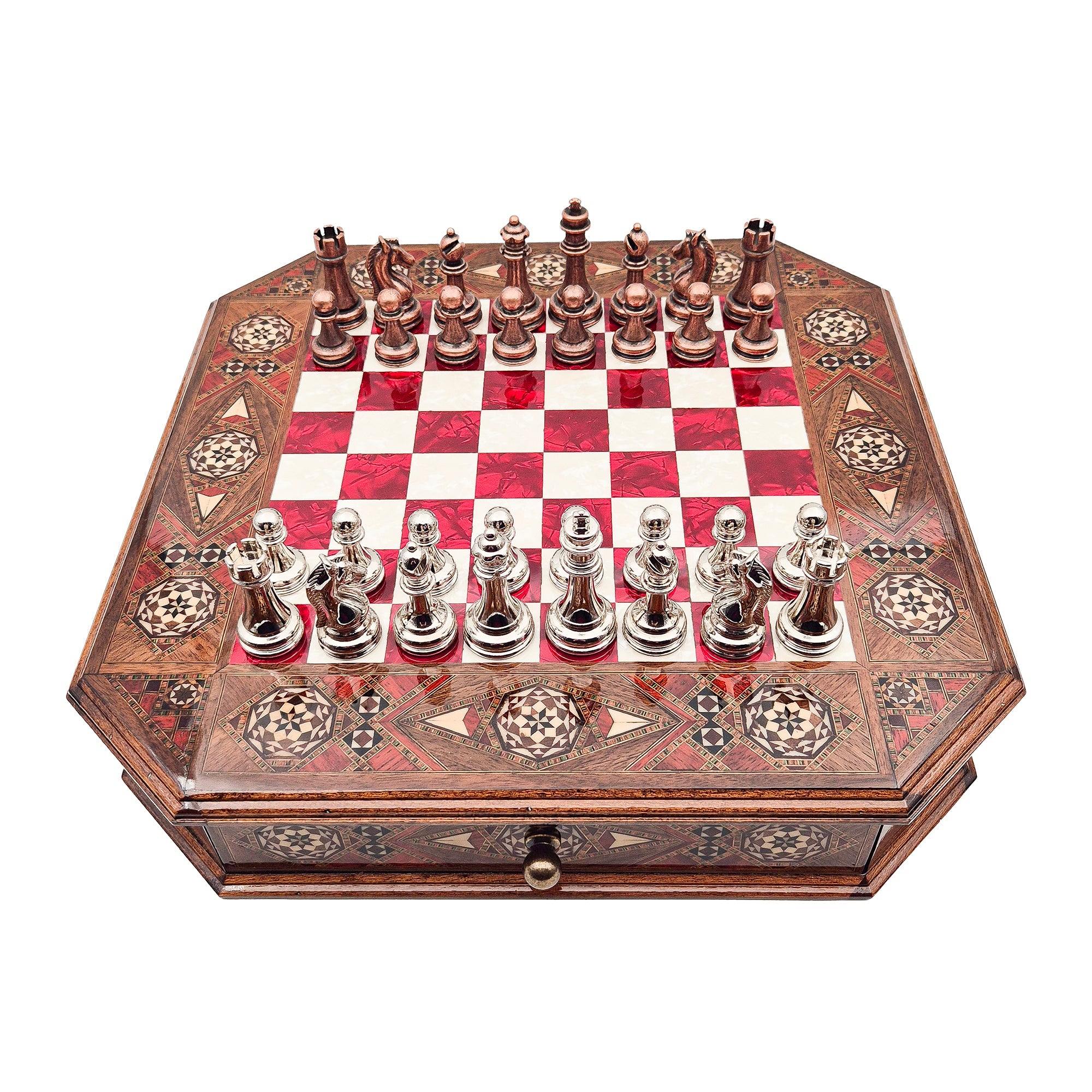
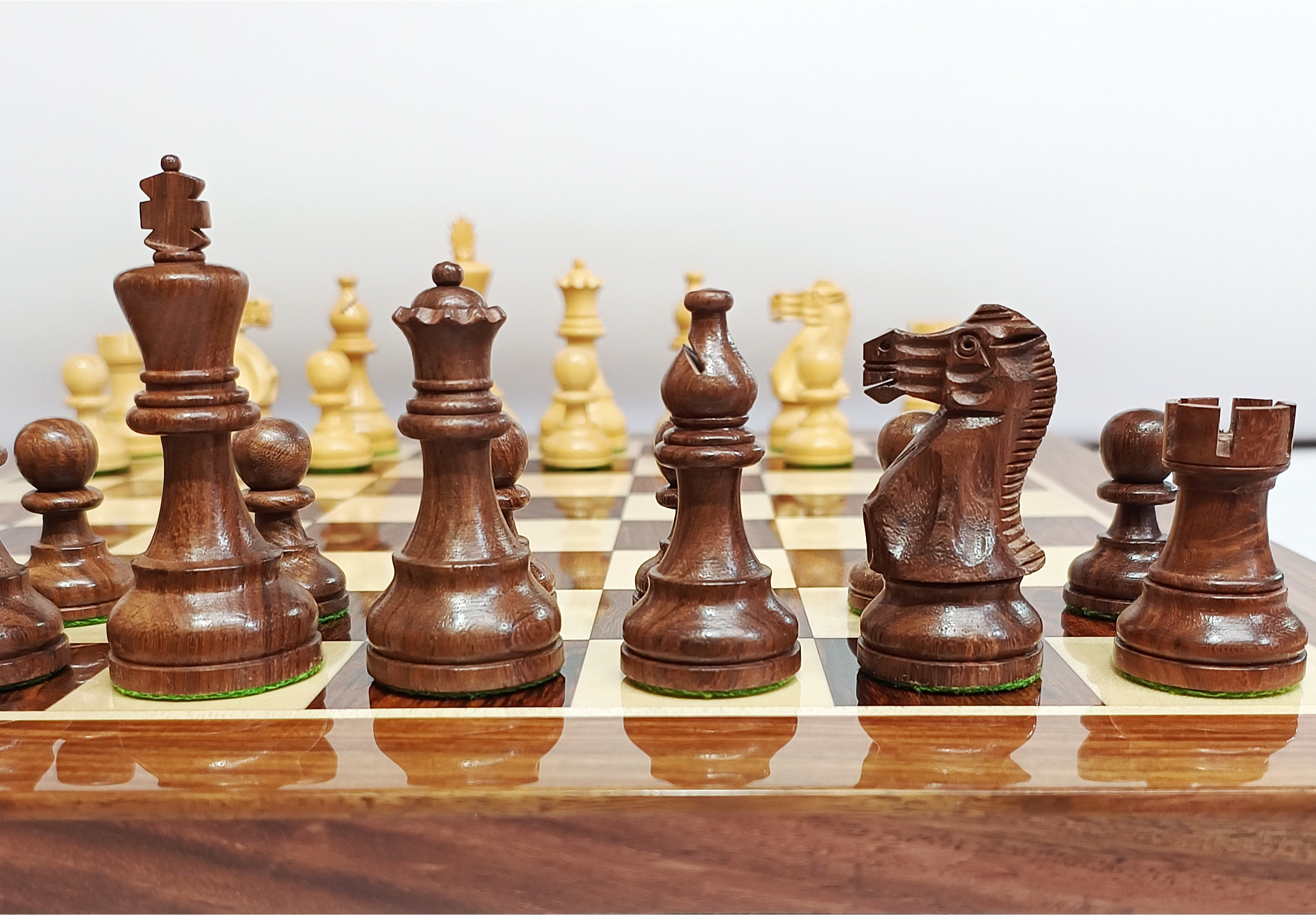
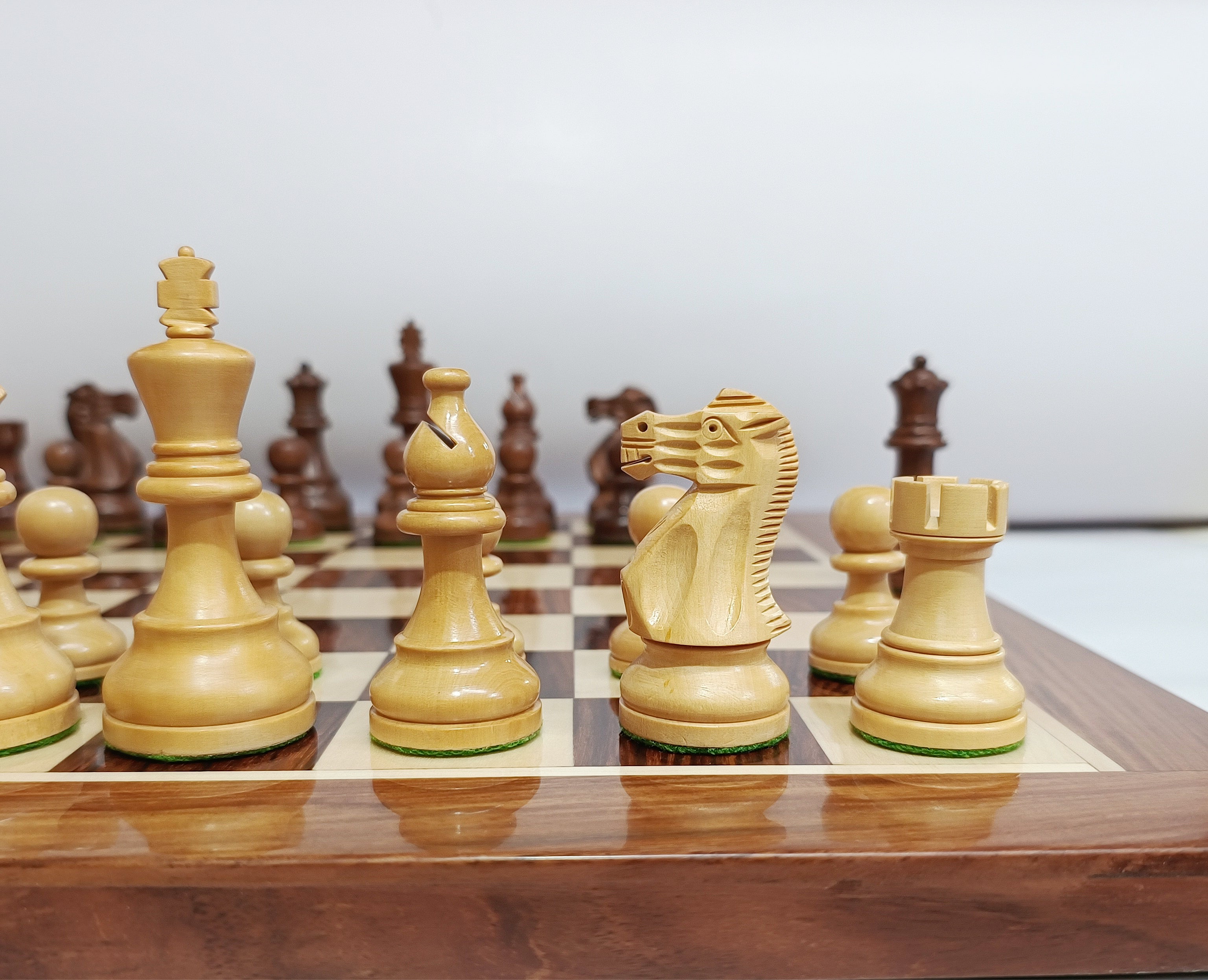
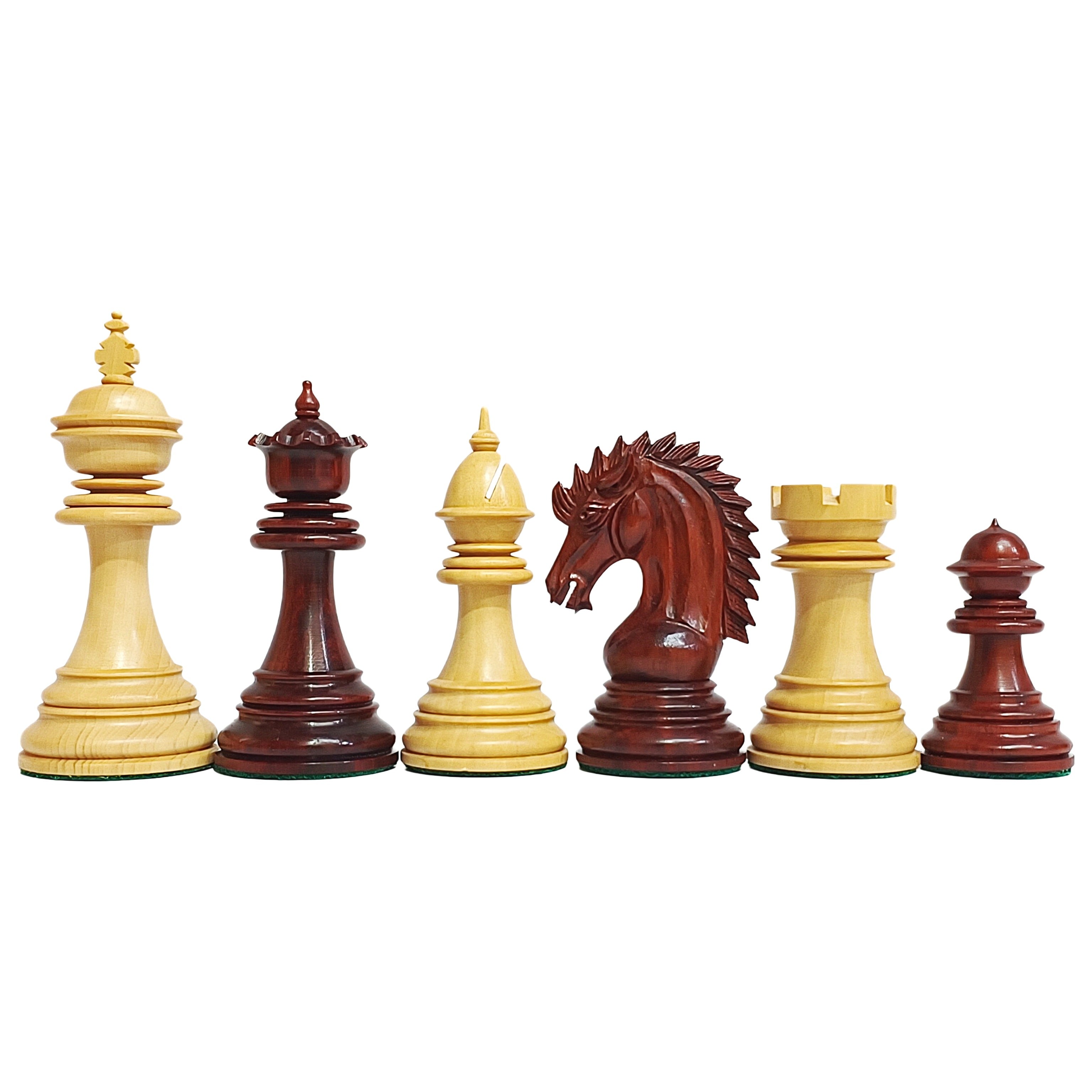
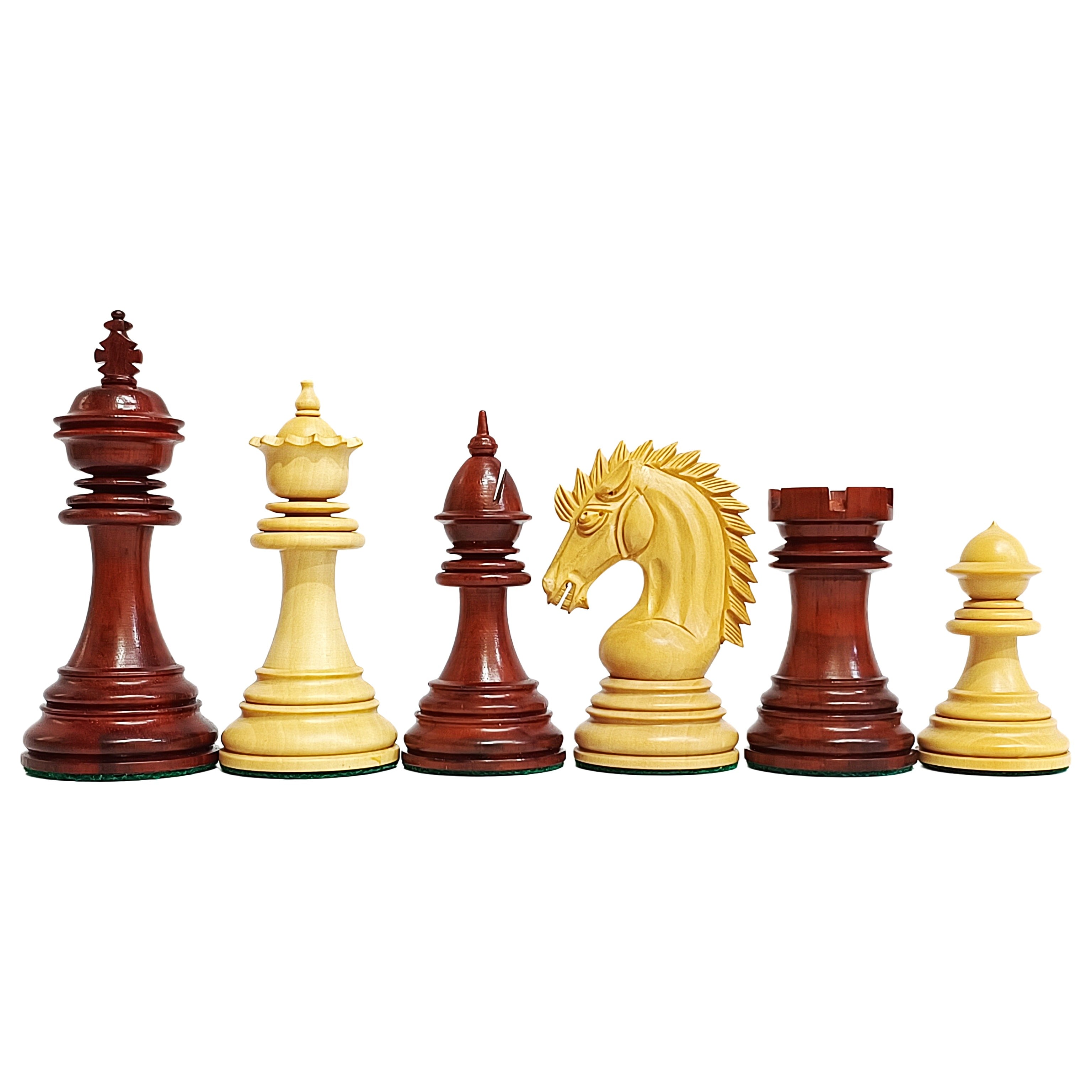
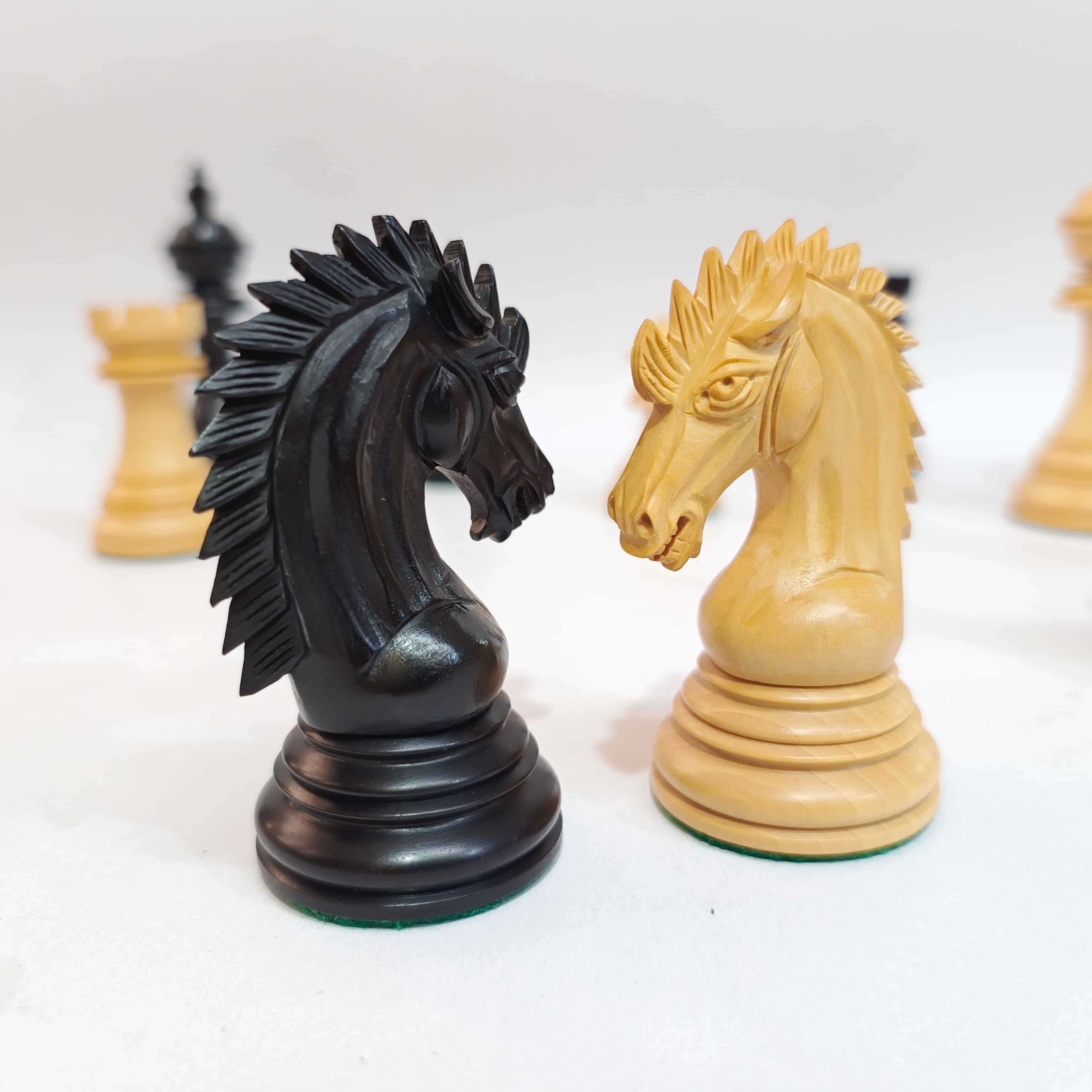
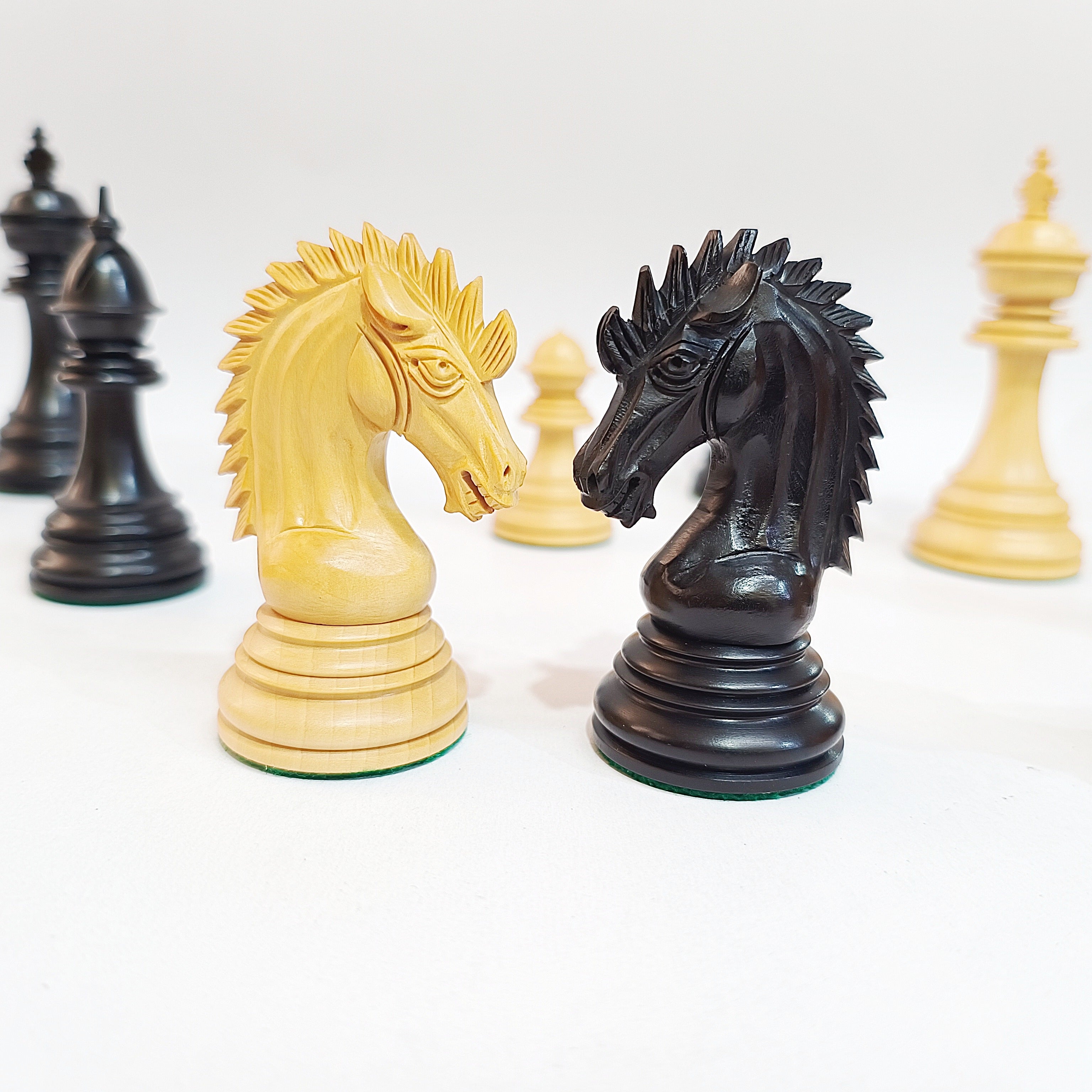


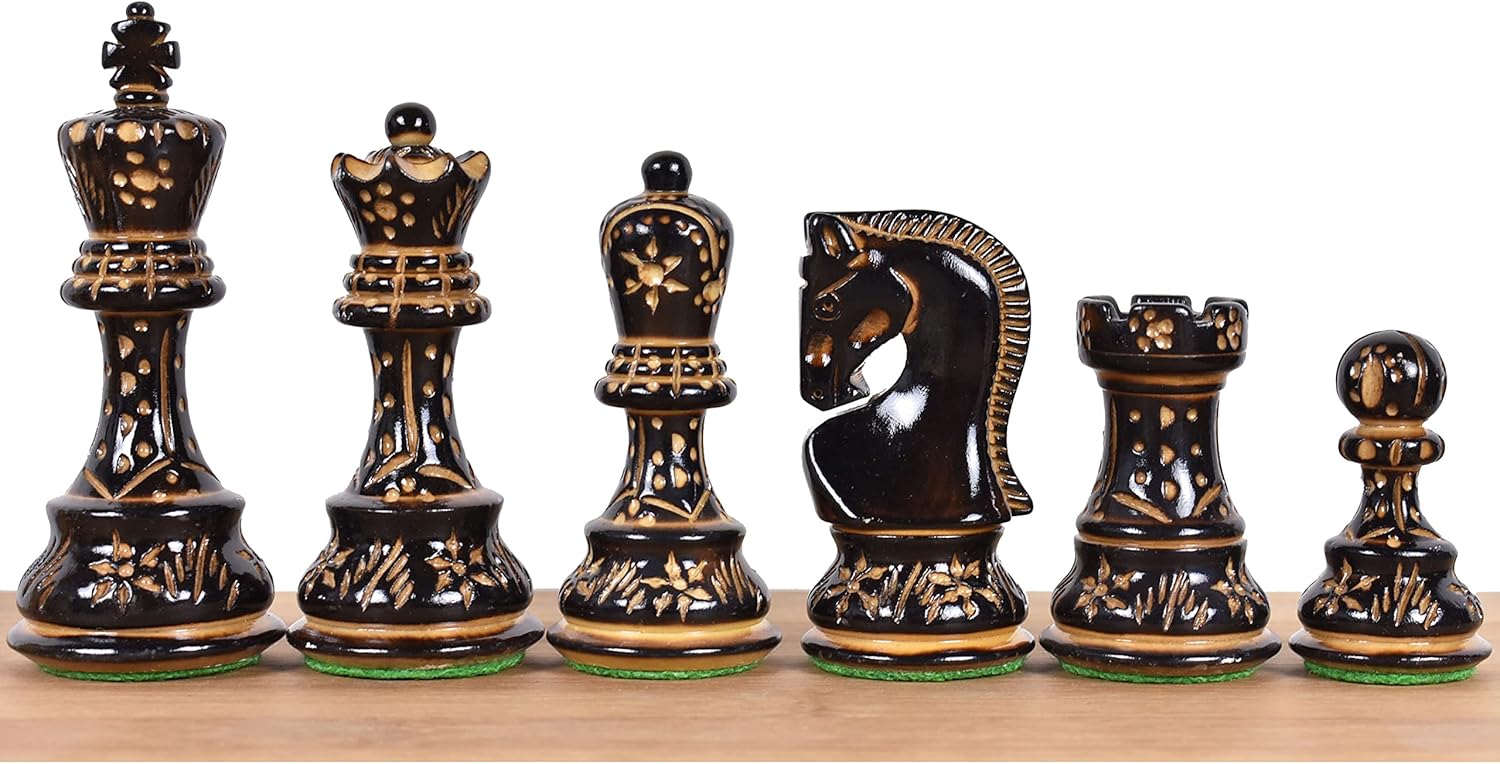
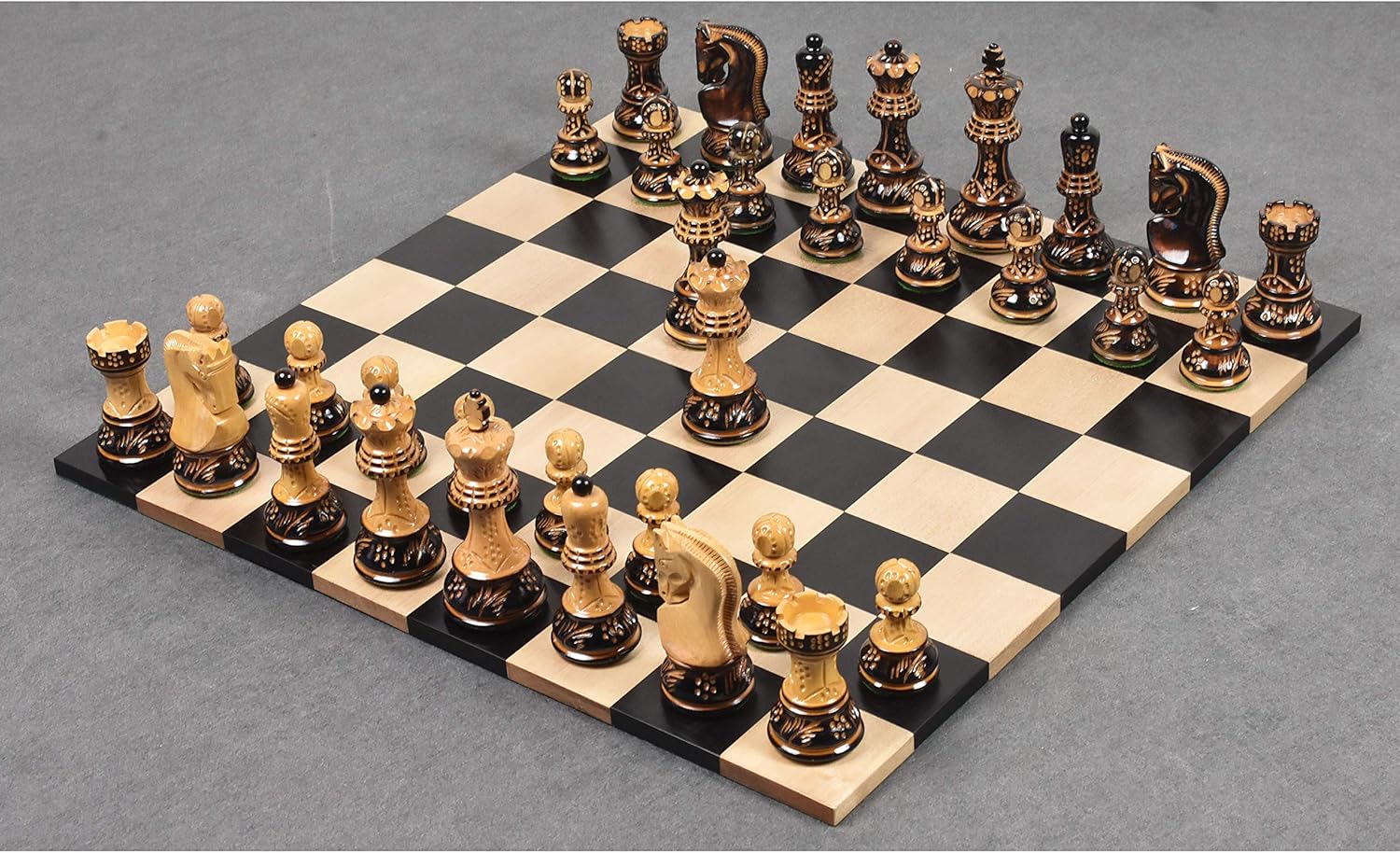
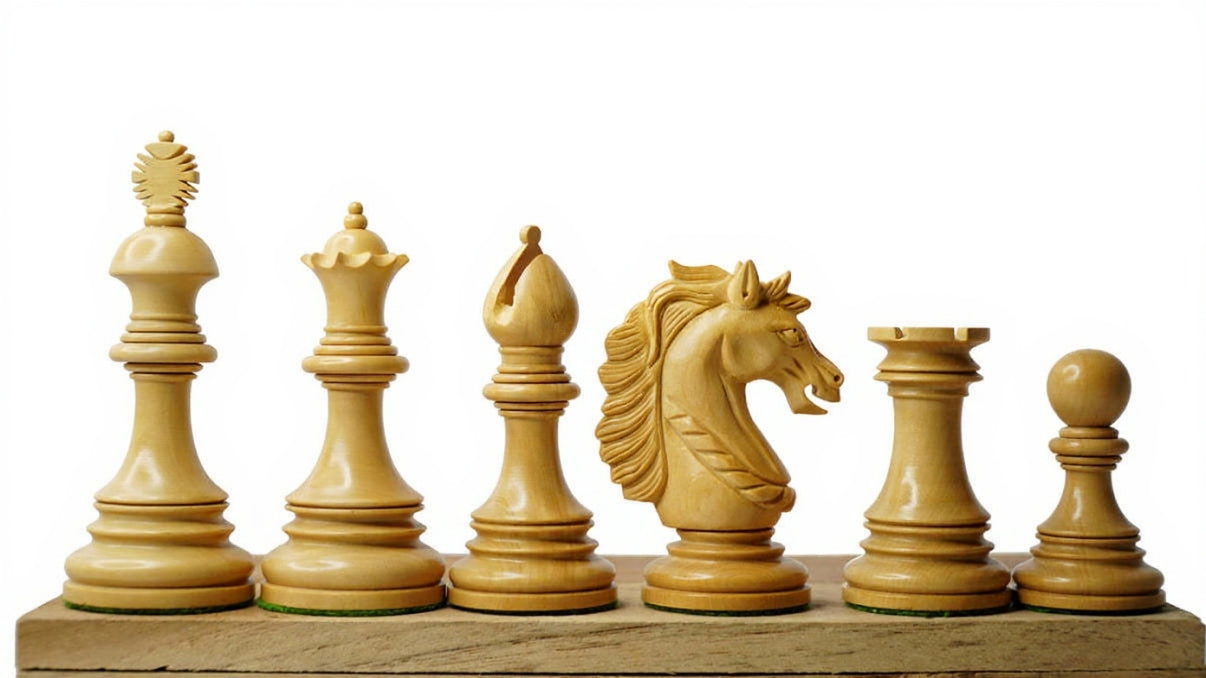
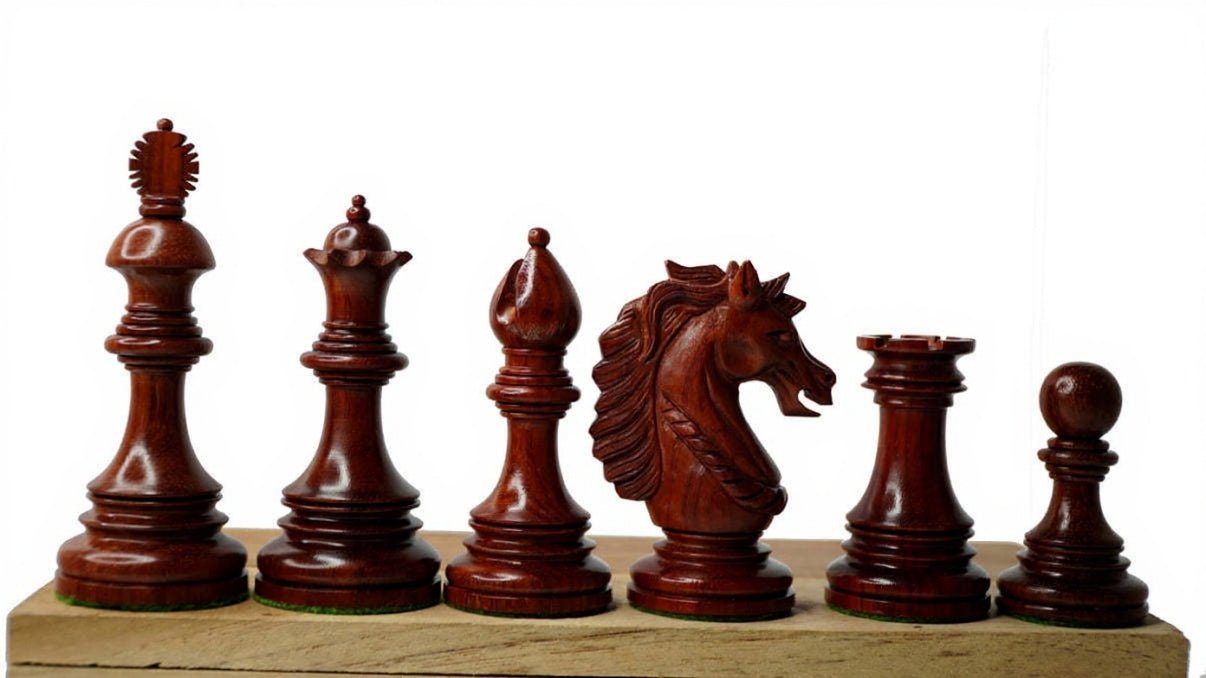
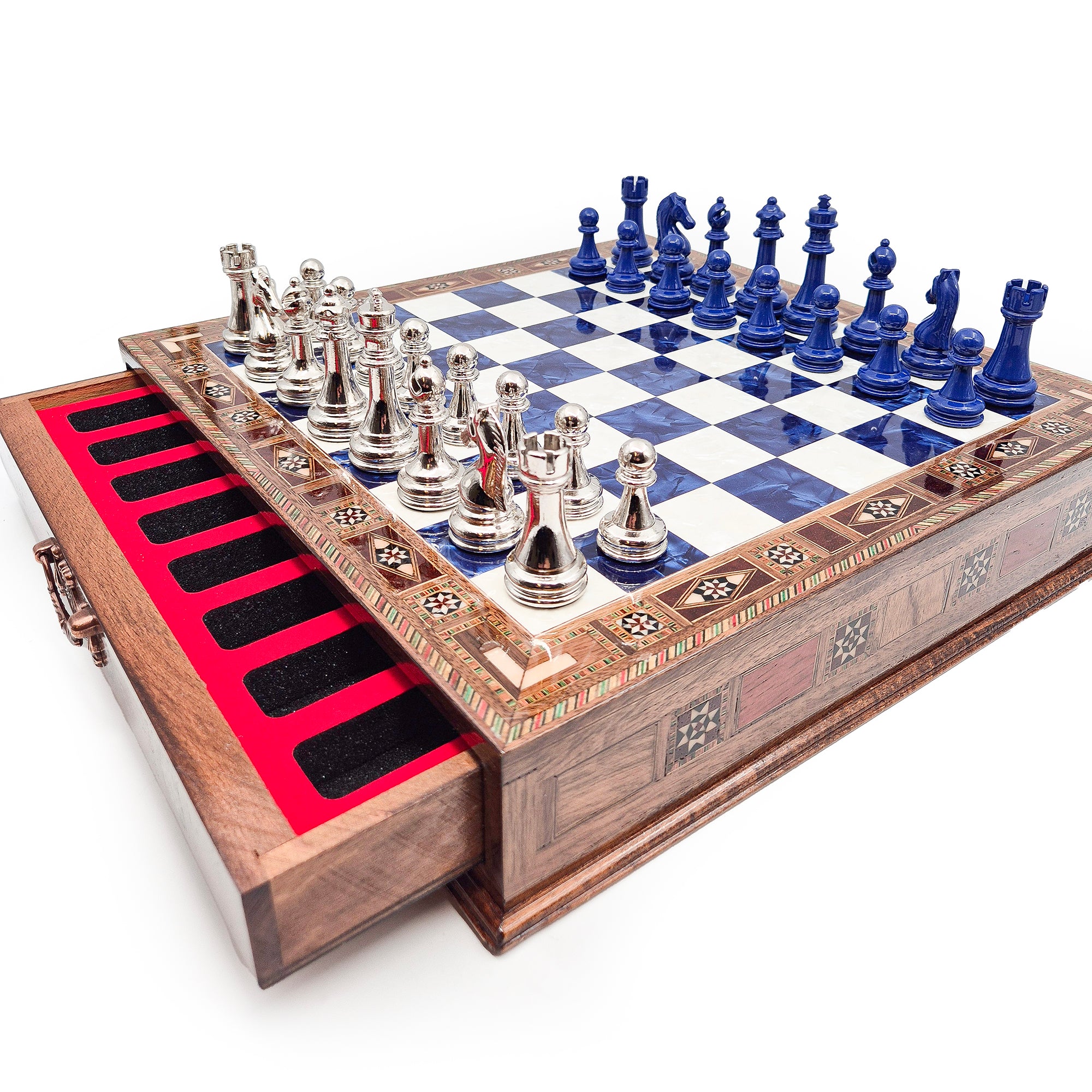
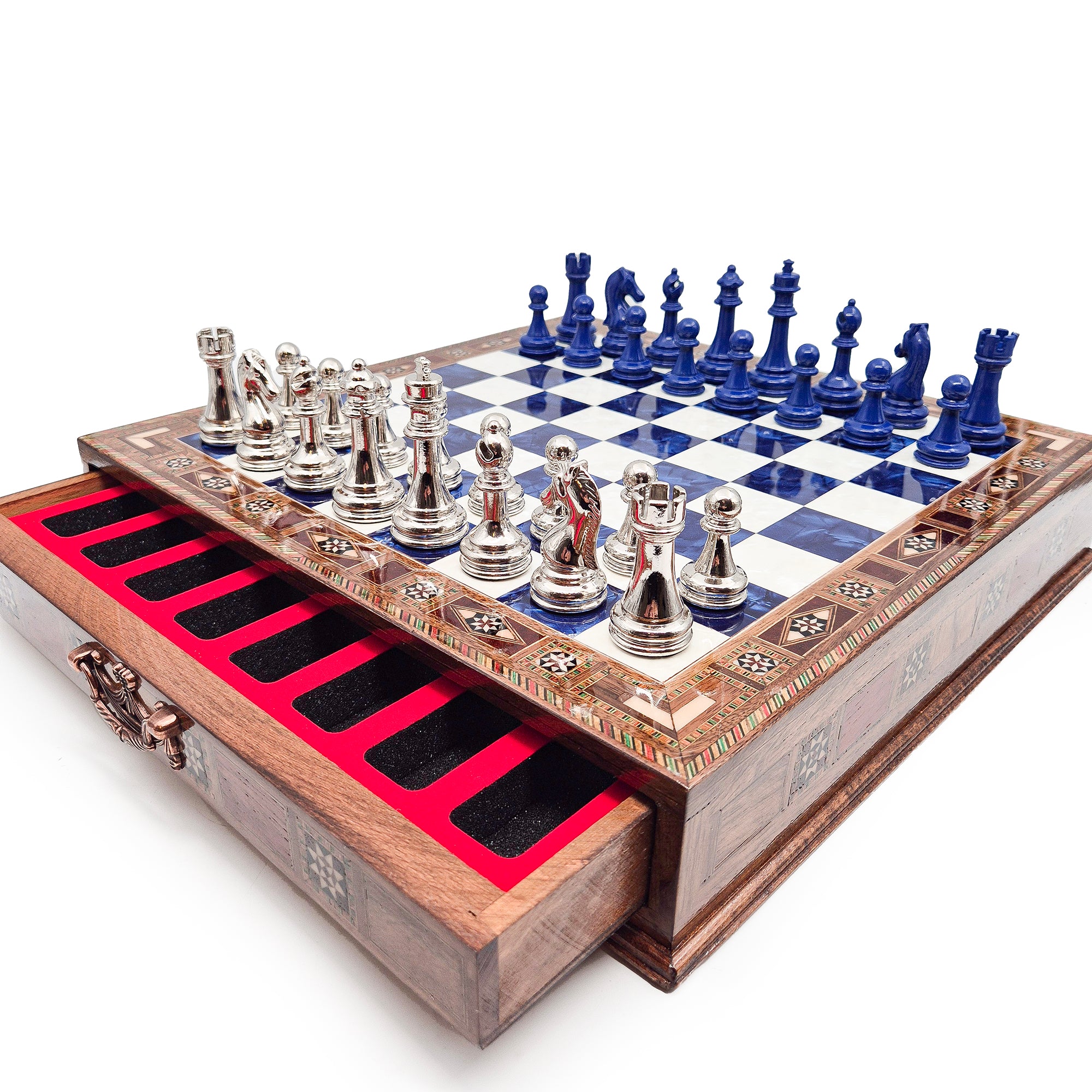
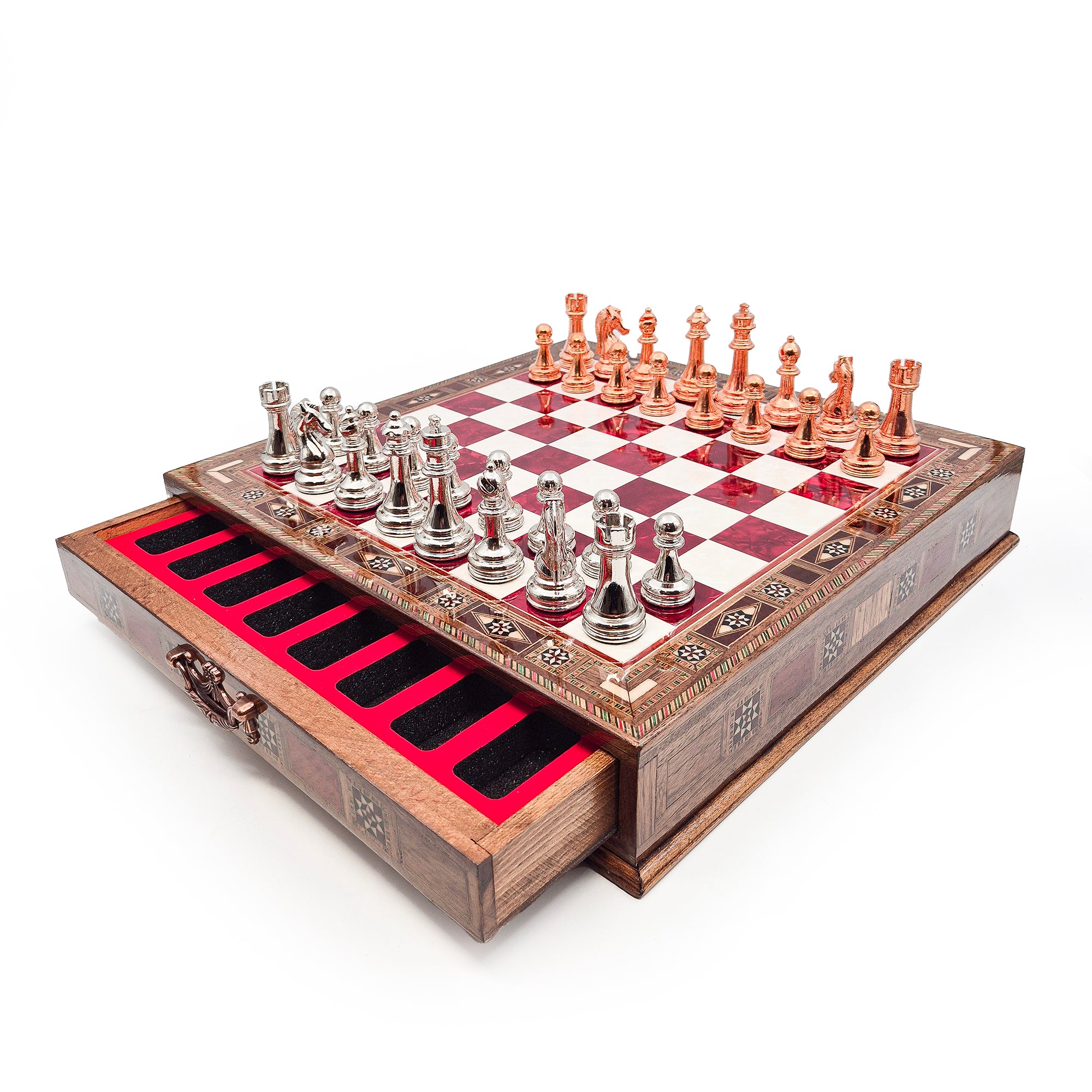
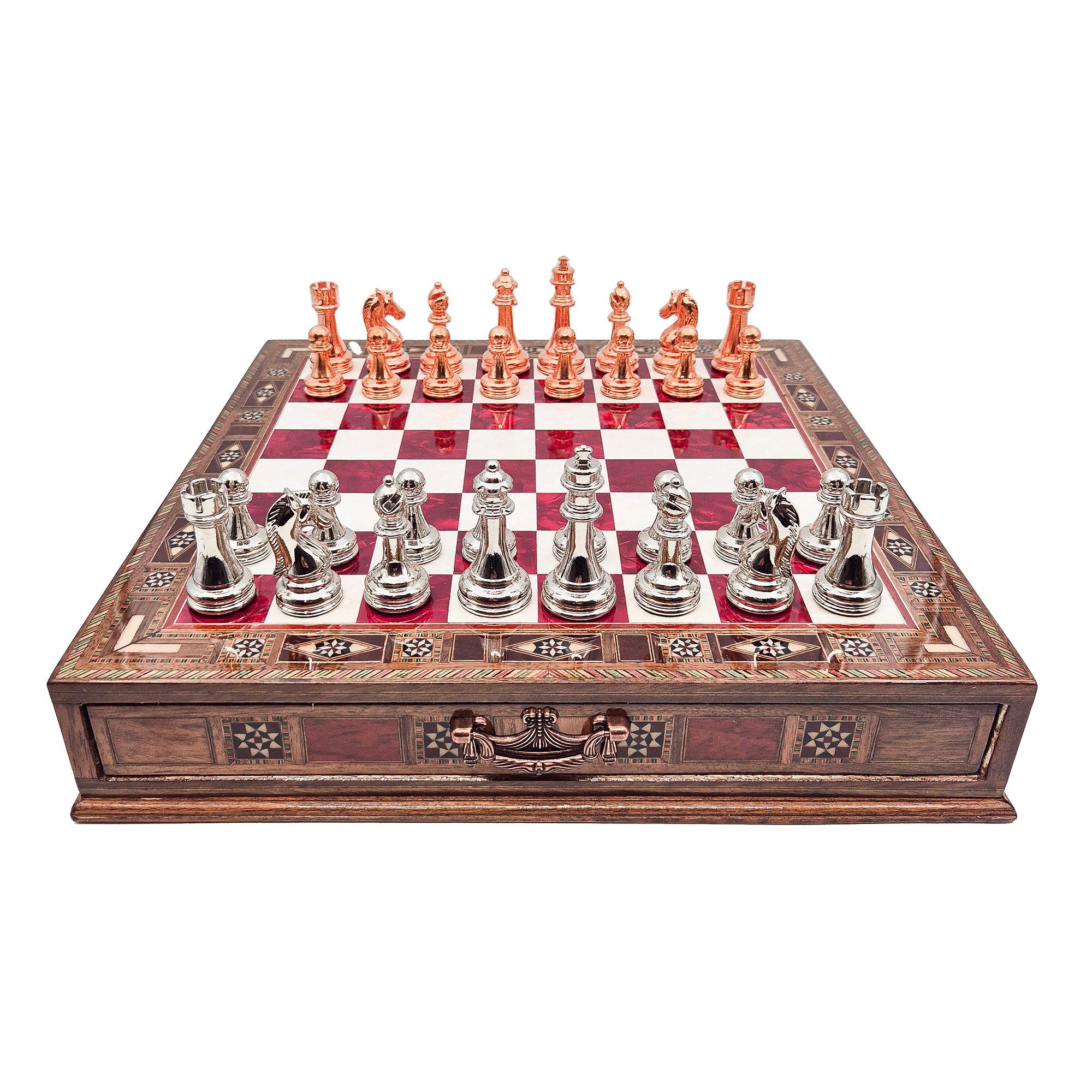
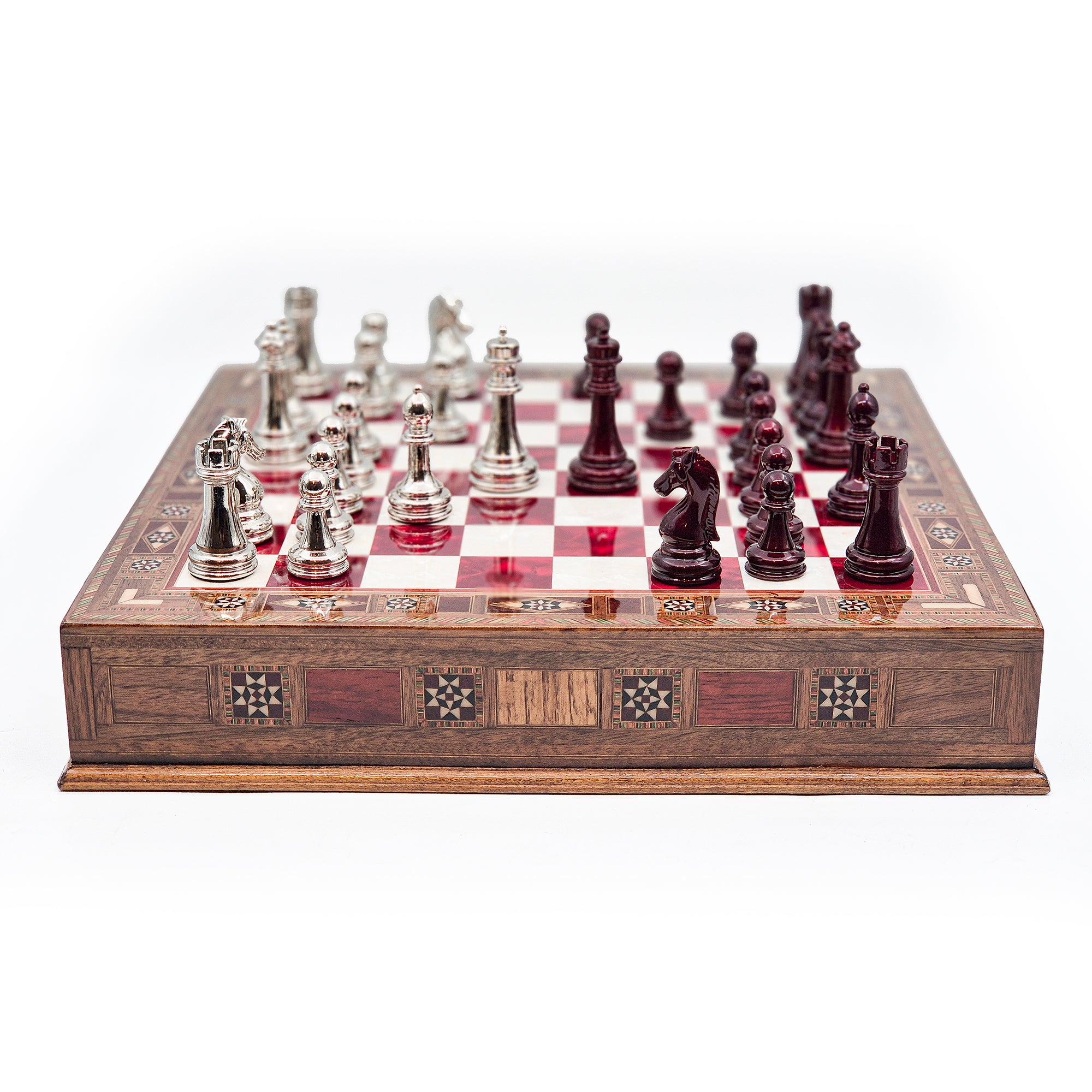
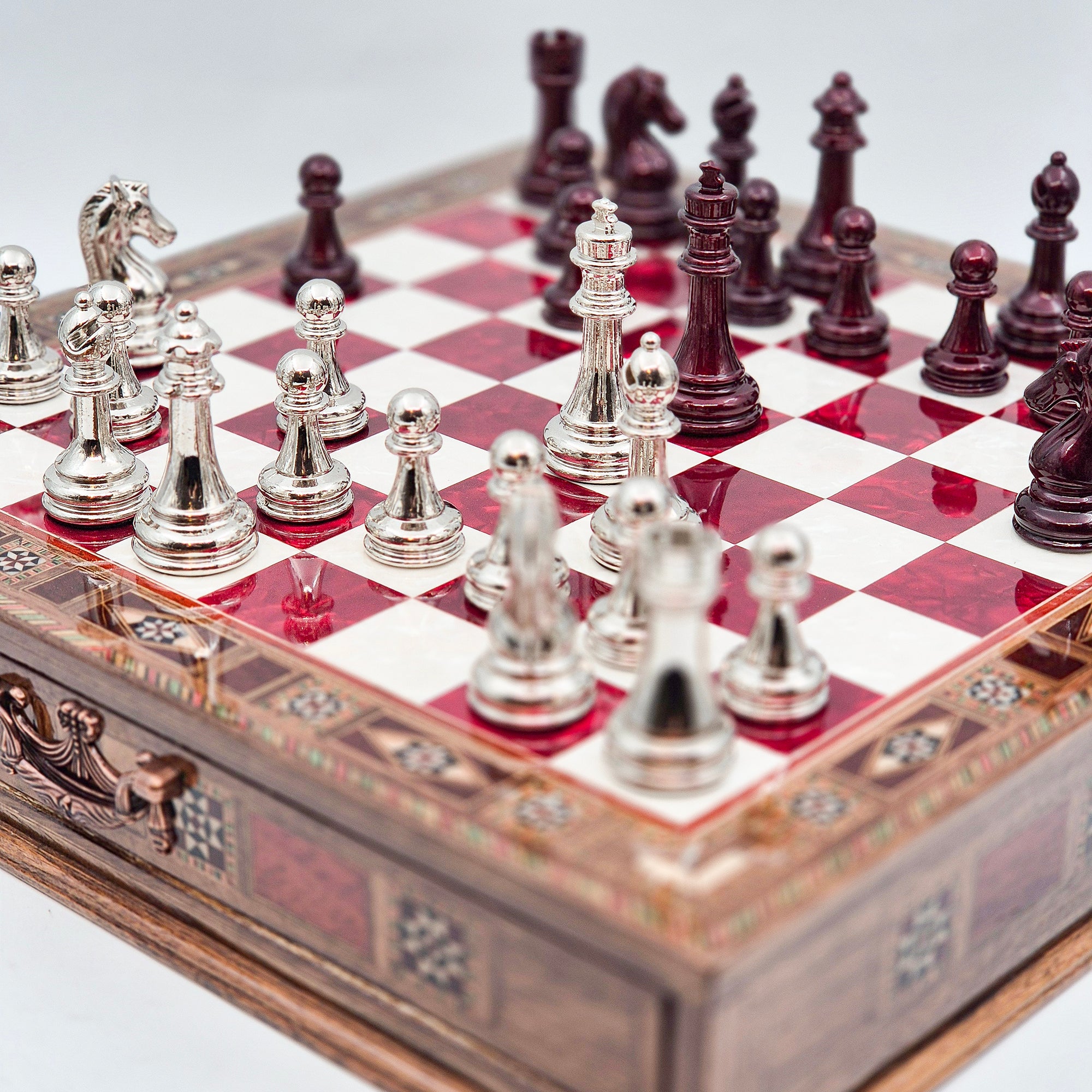
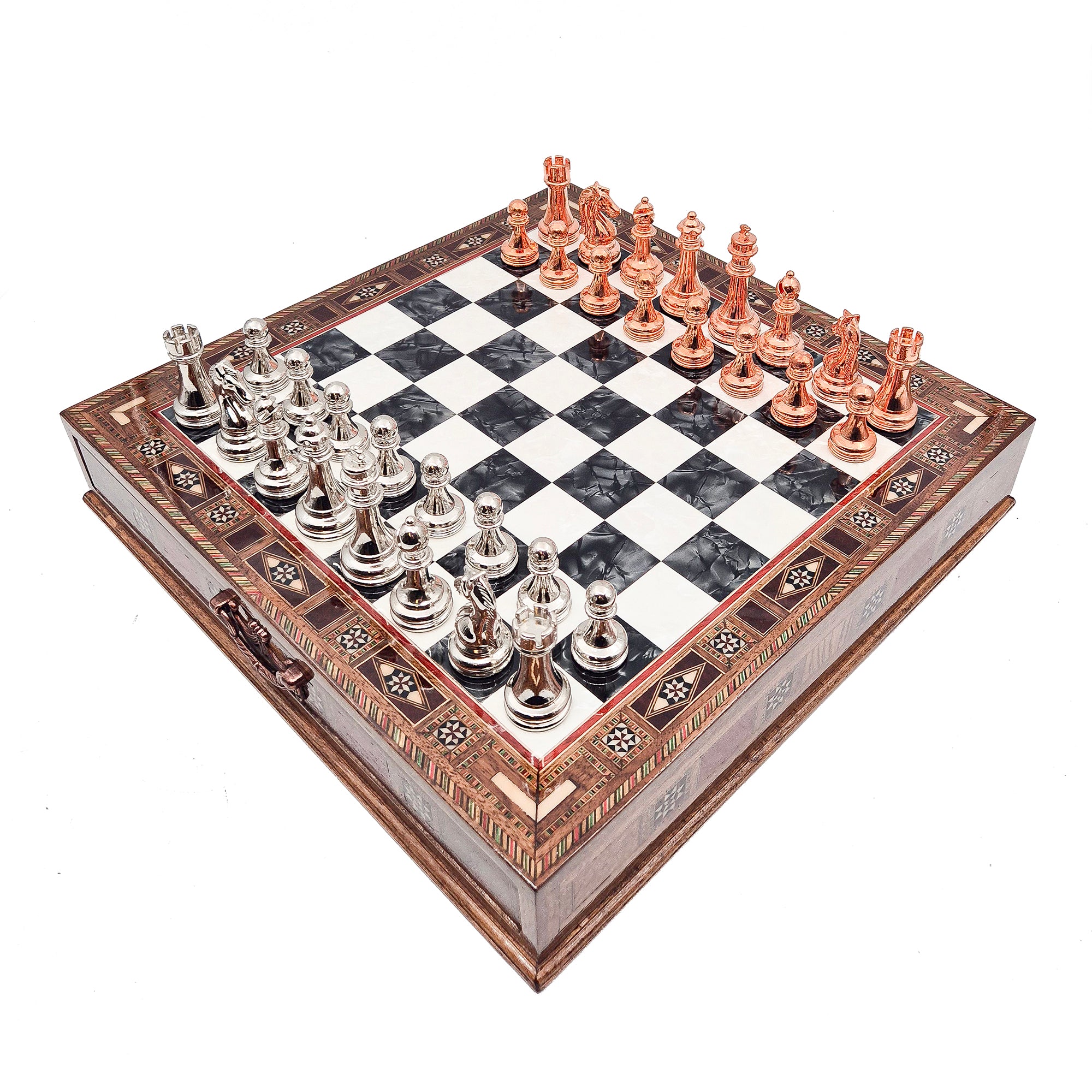
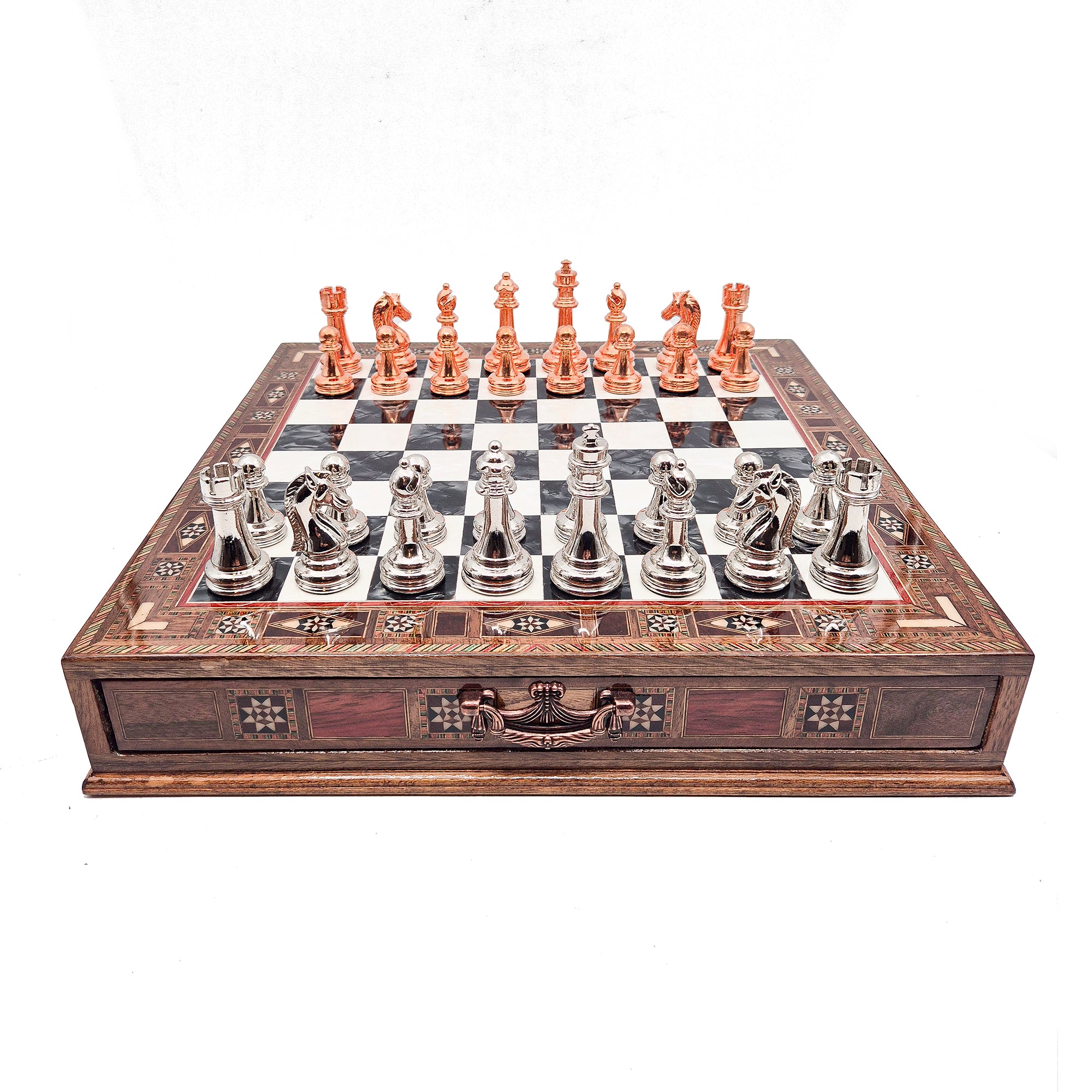
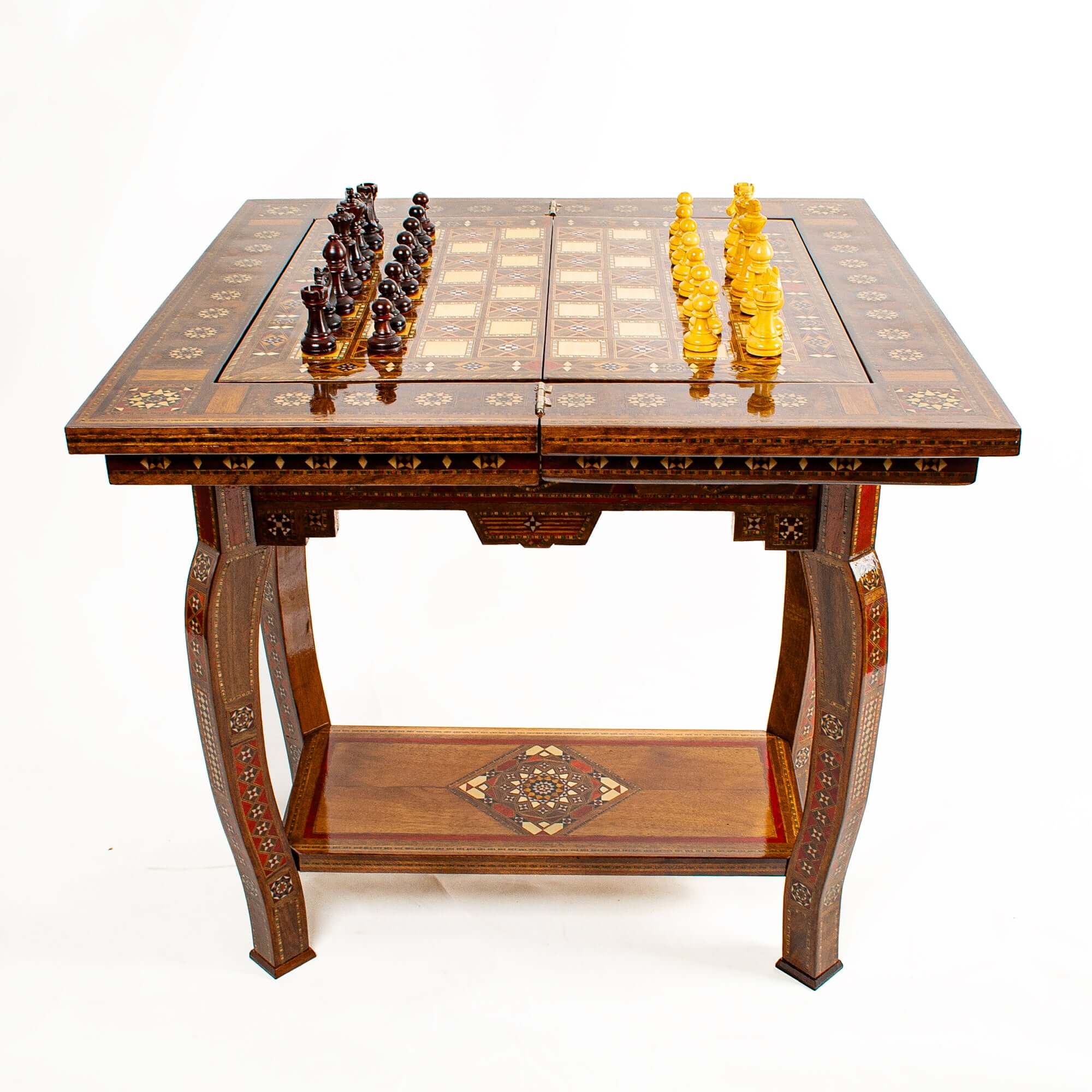

Leave a comment
All comments are moderated before being published.
This site is protected by hCaptcha and the hCaptcha Privacy Policy and Terms of Service apply.